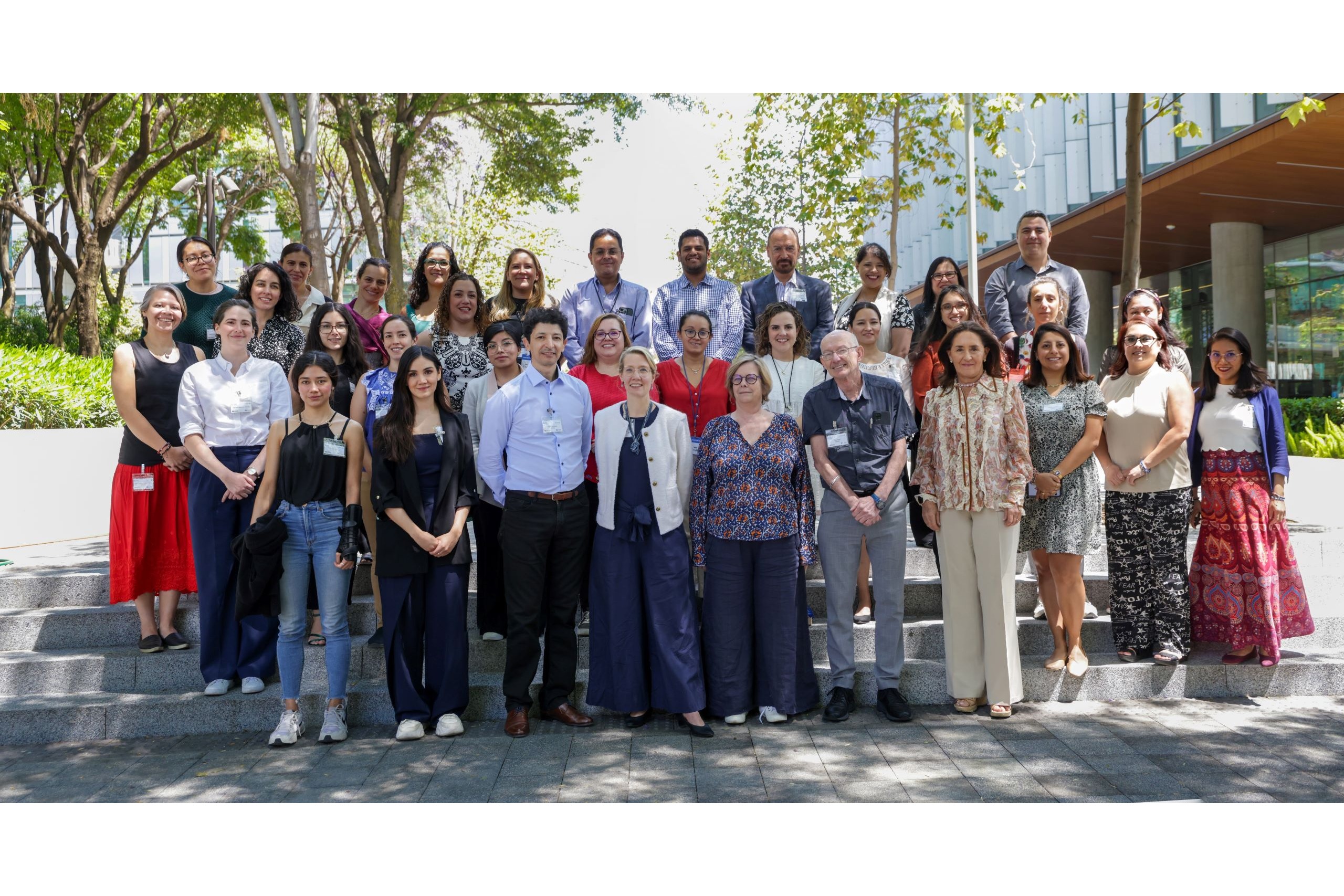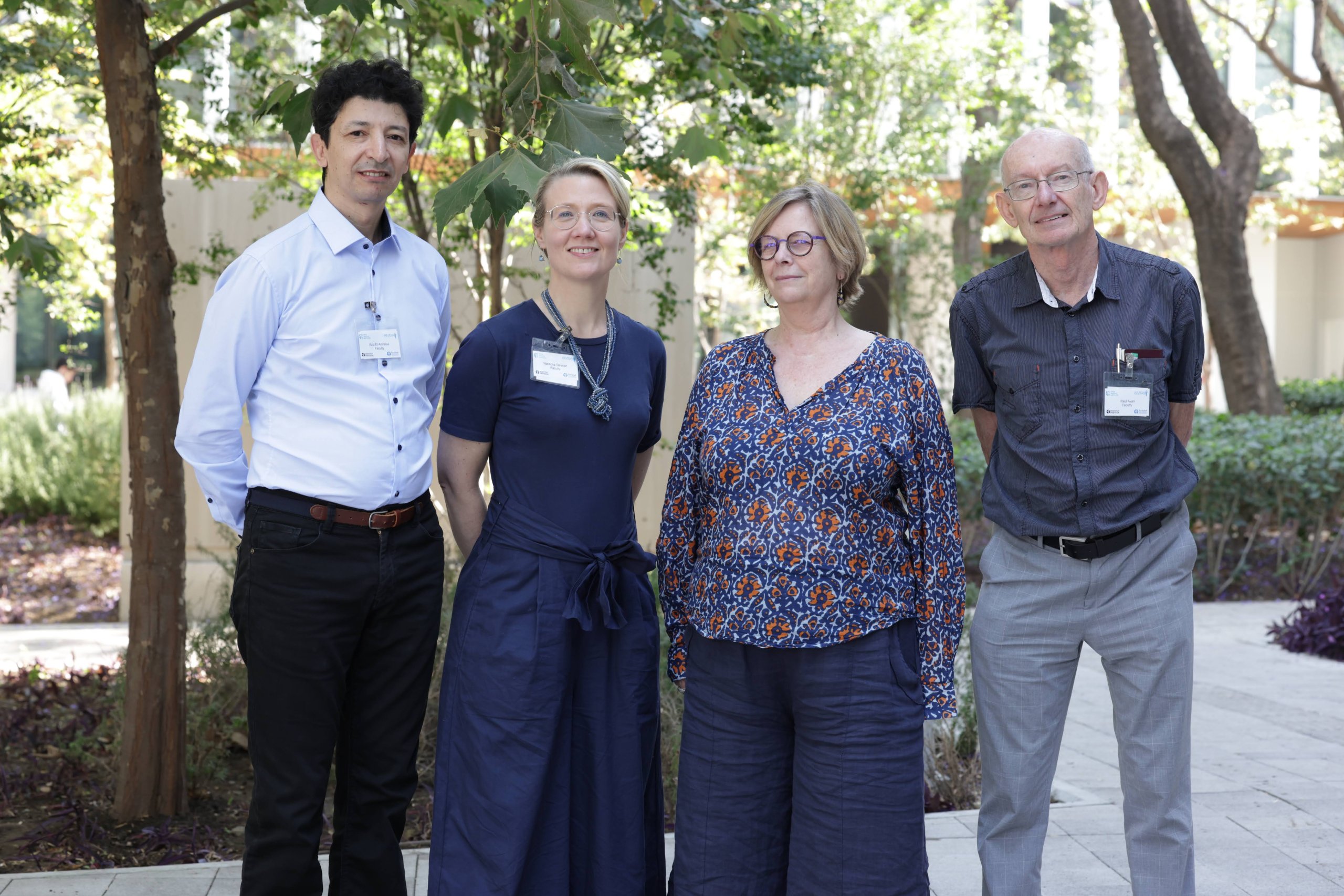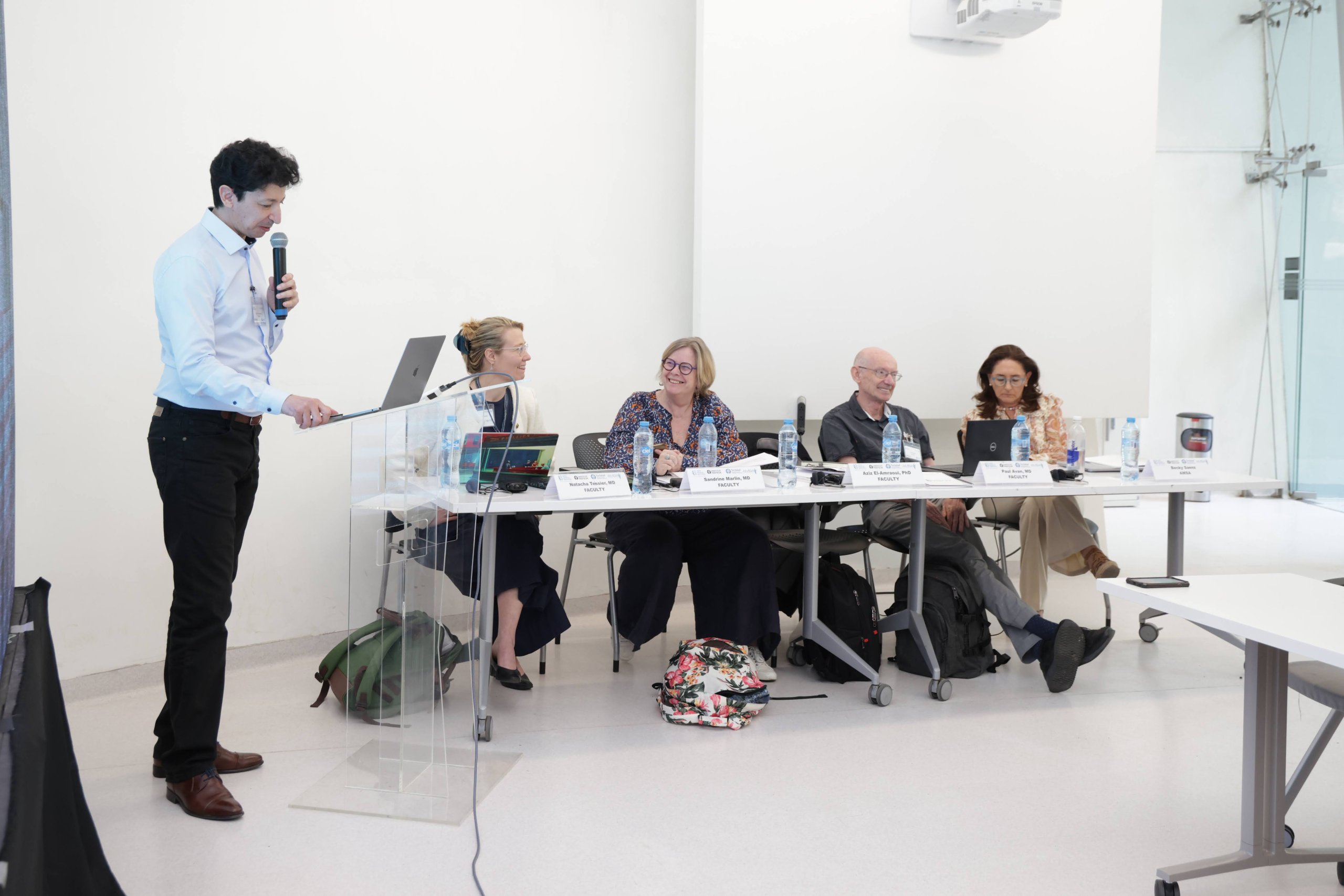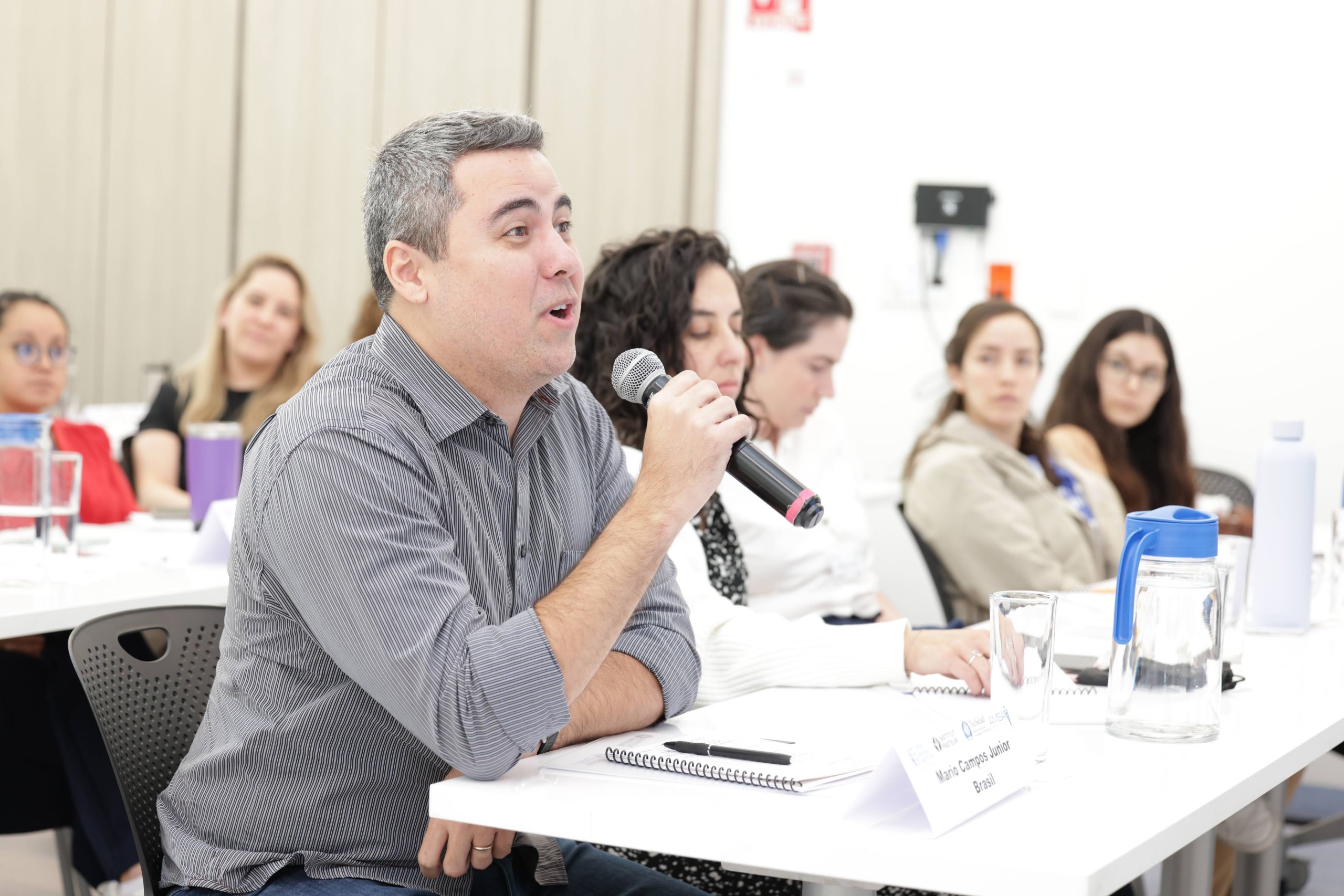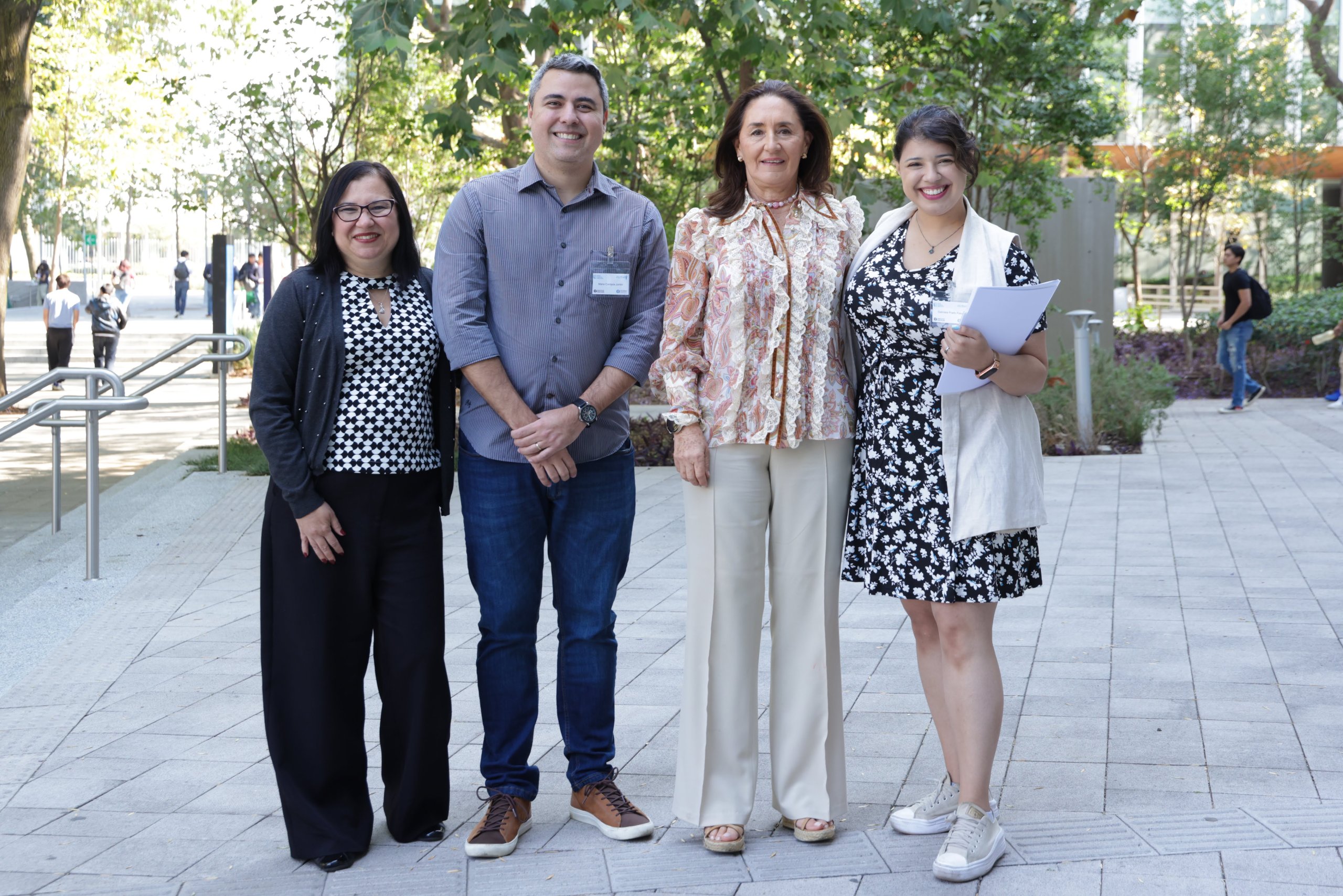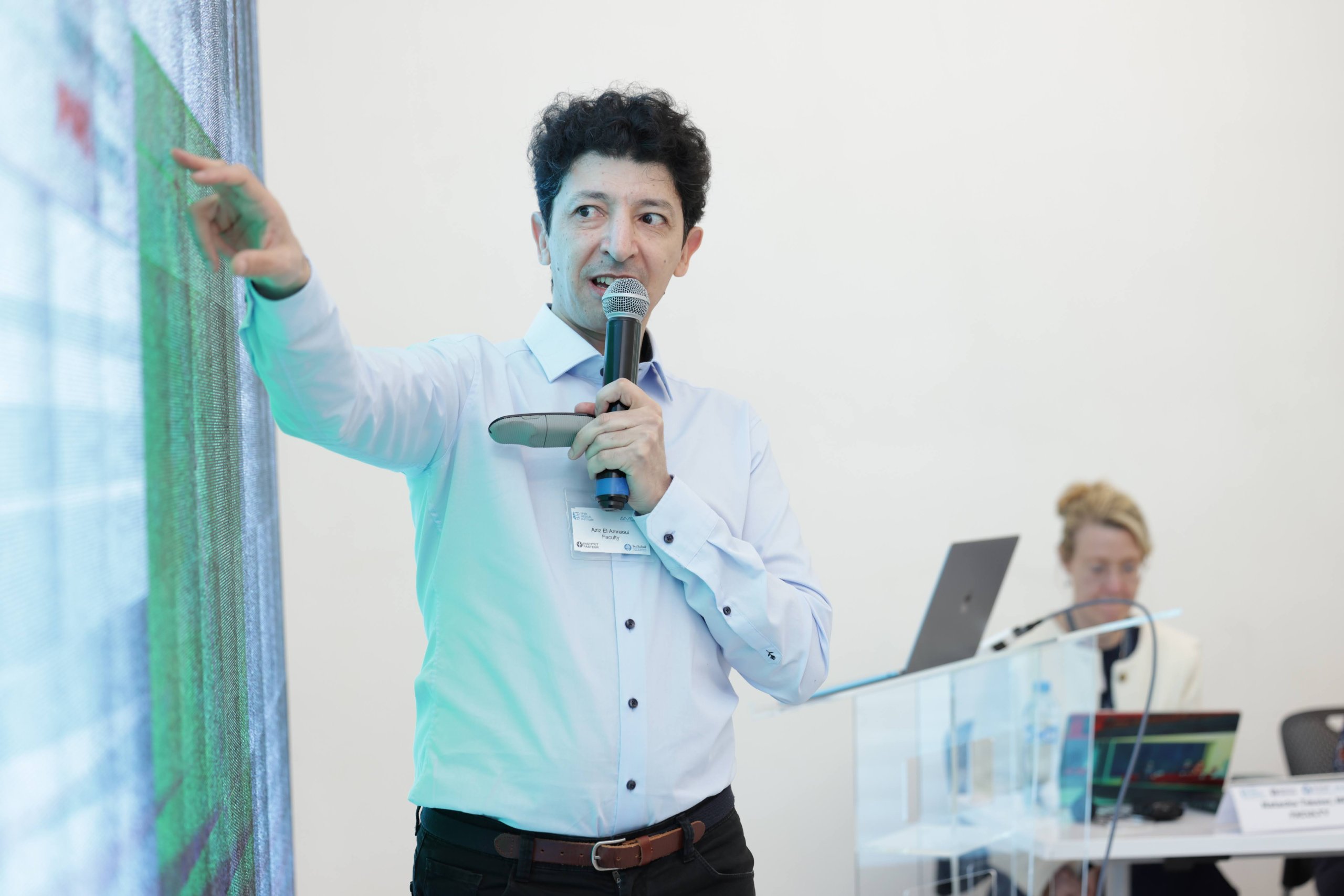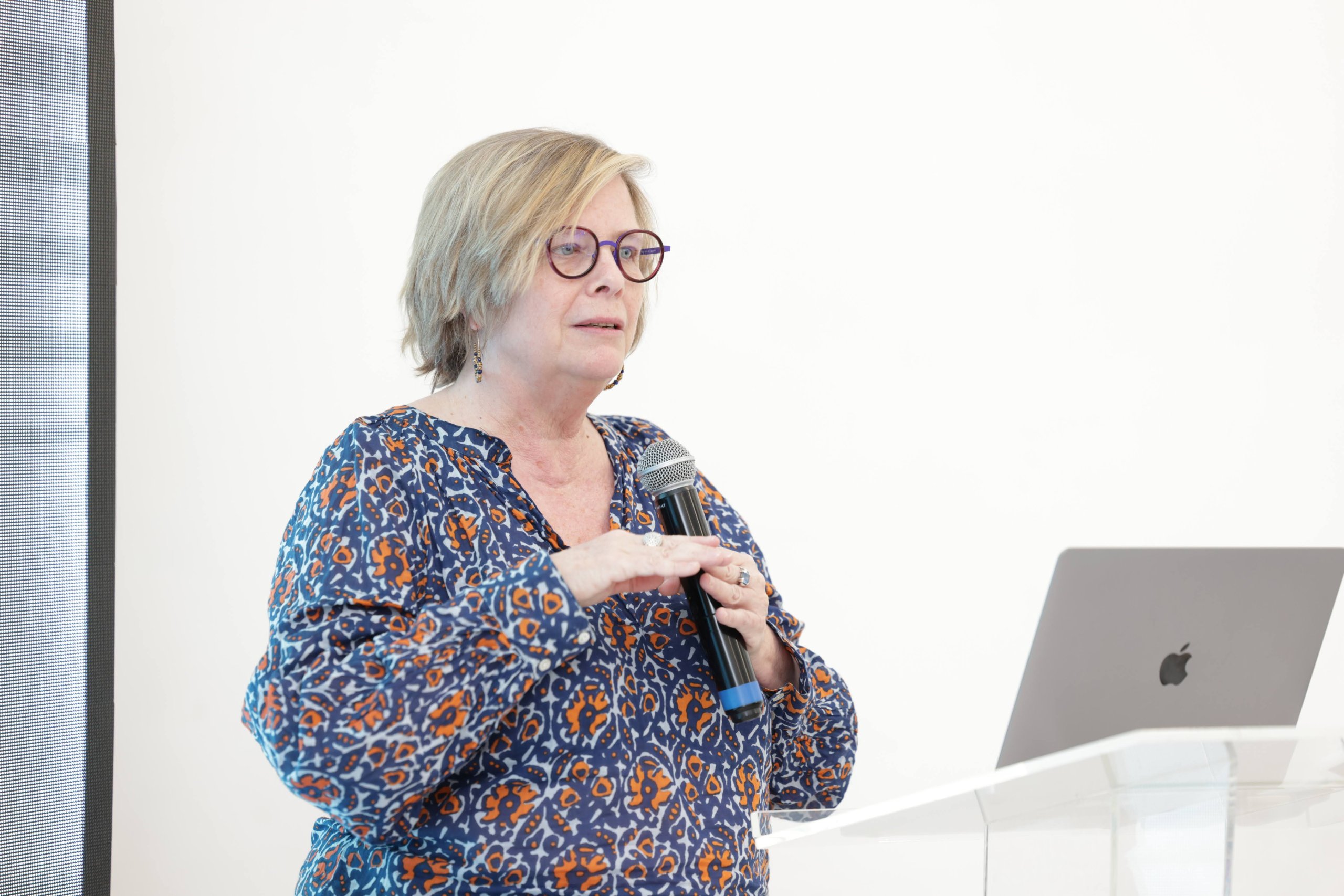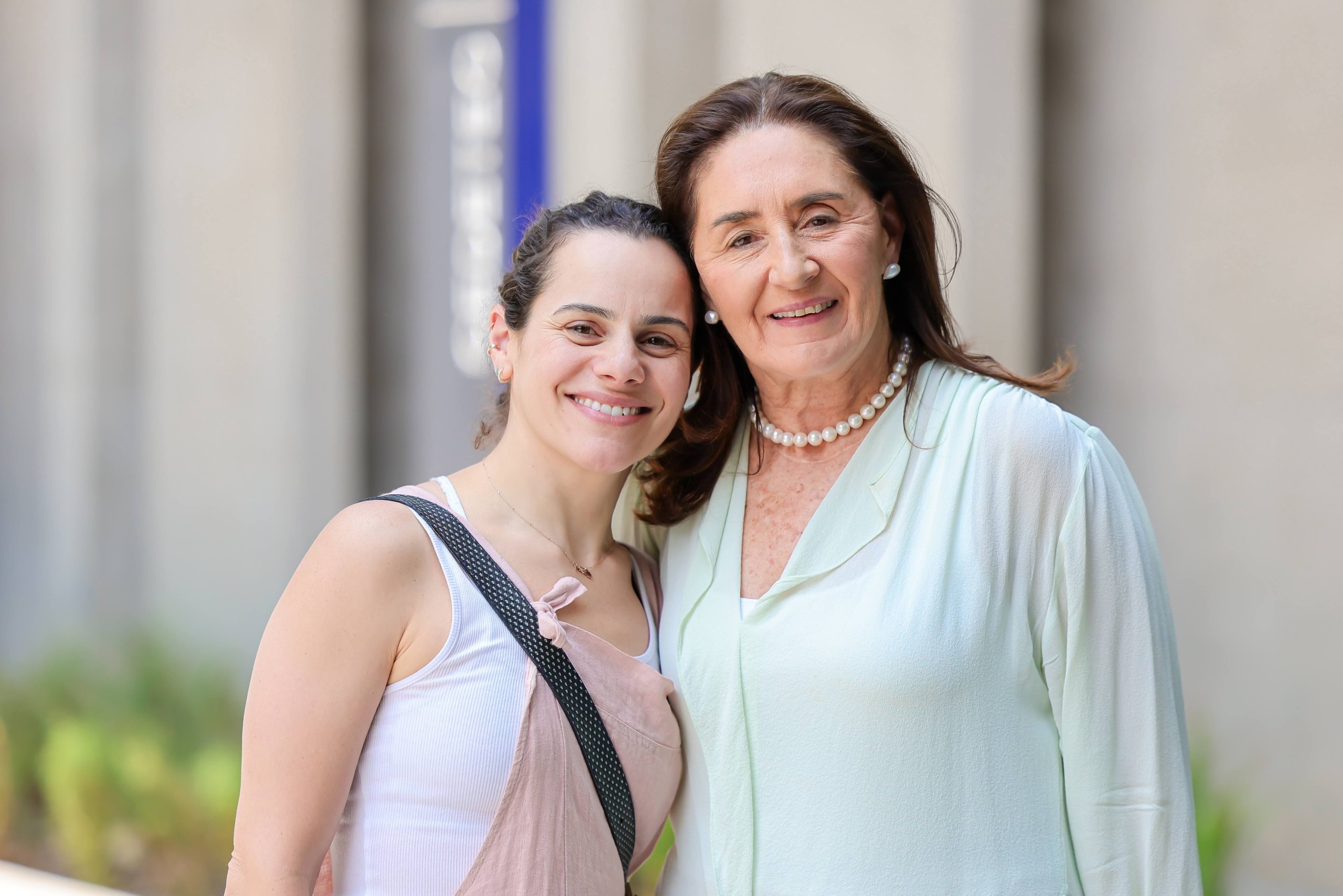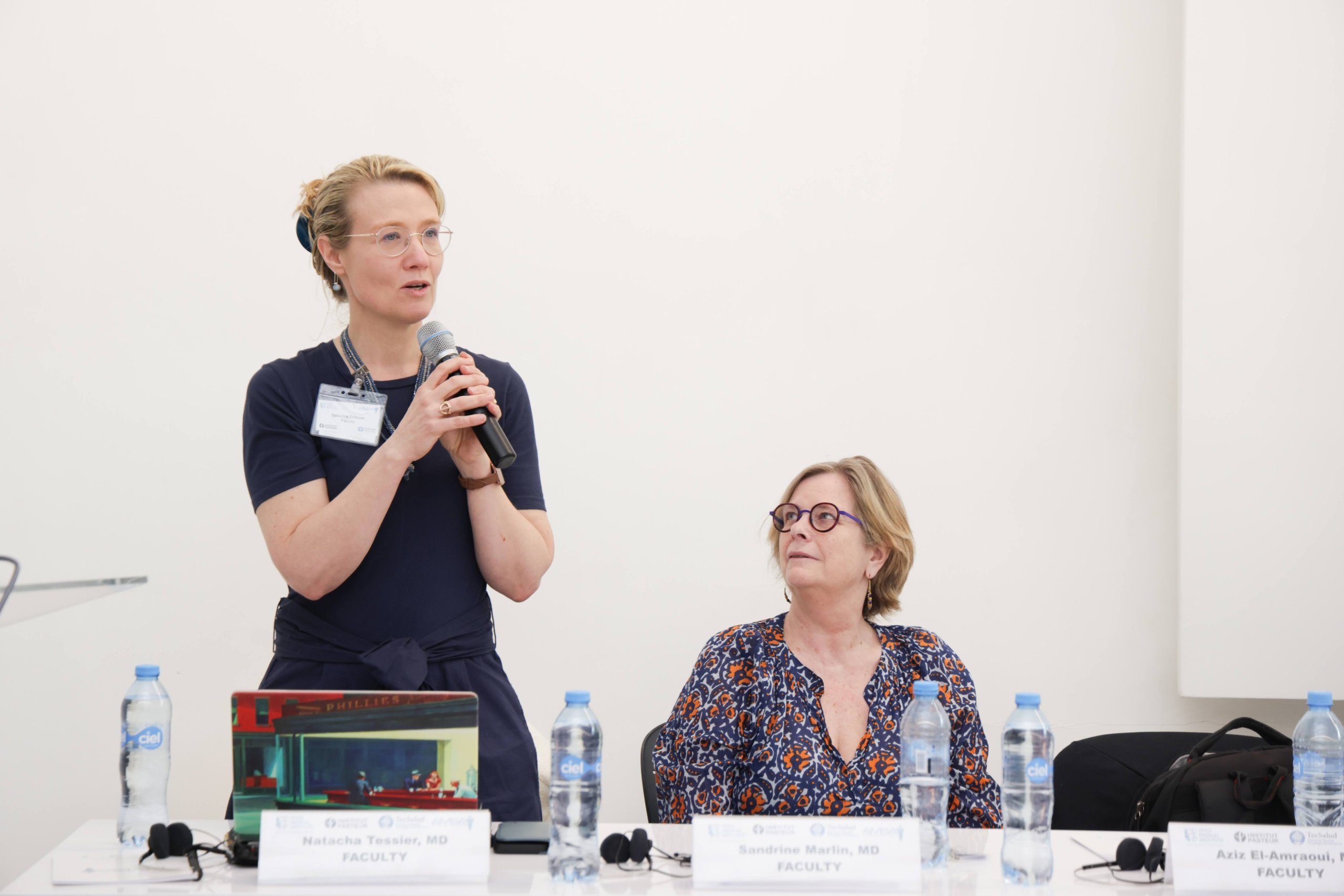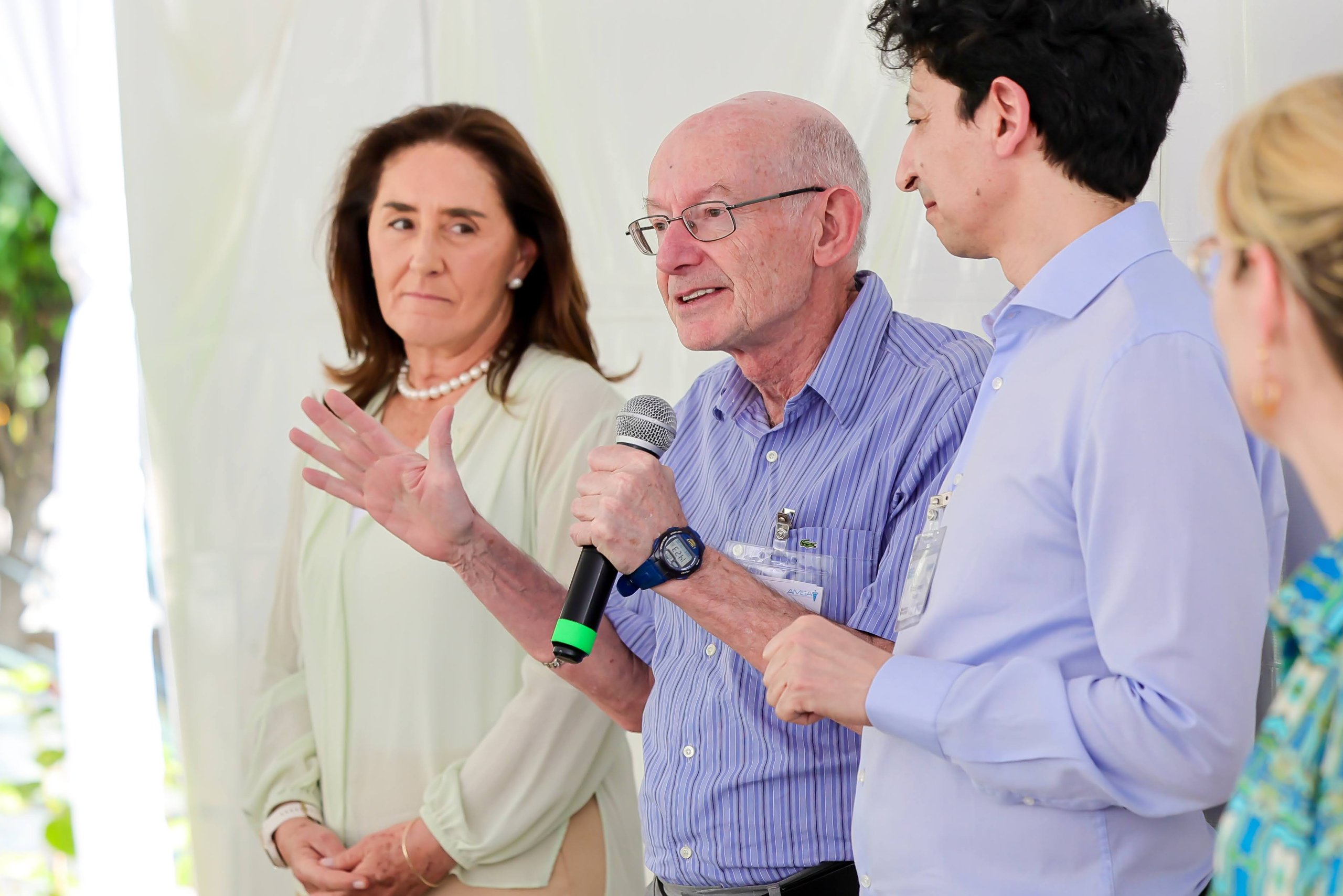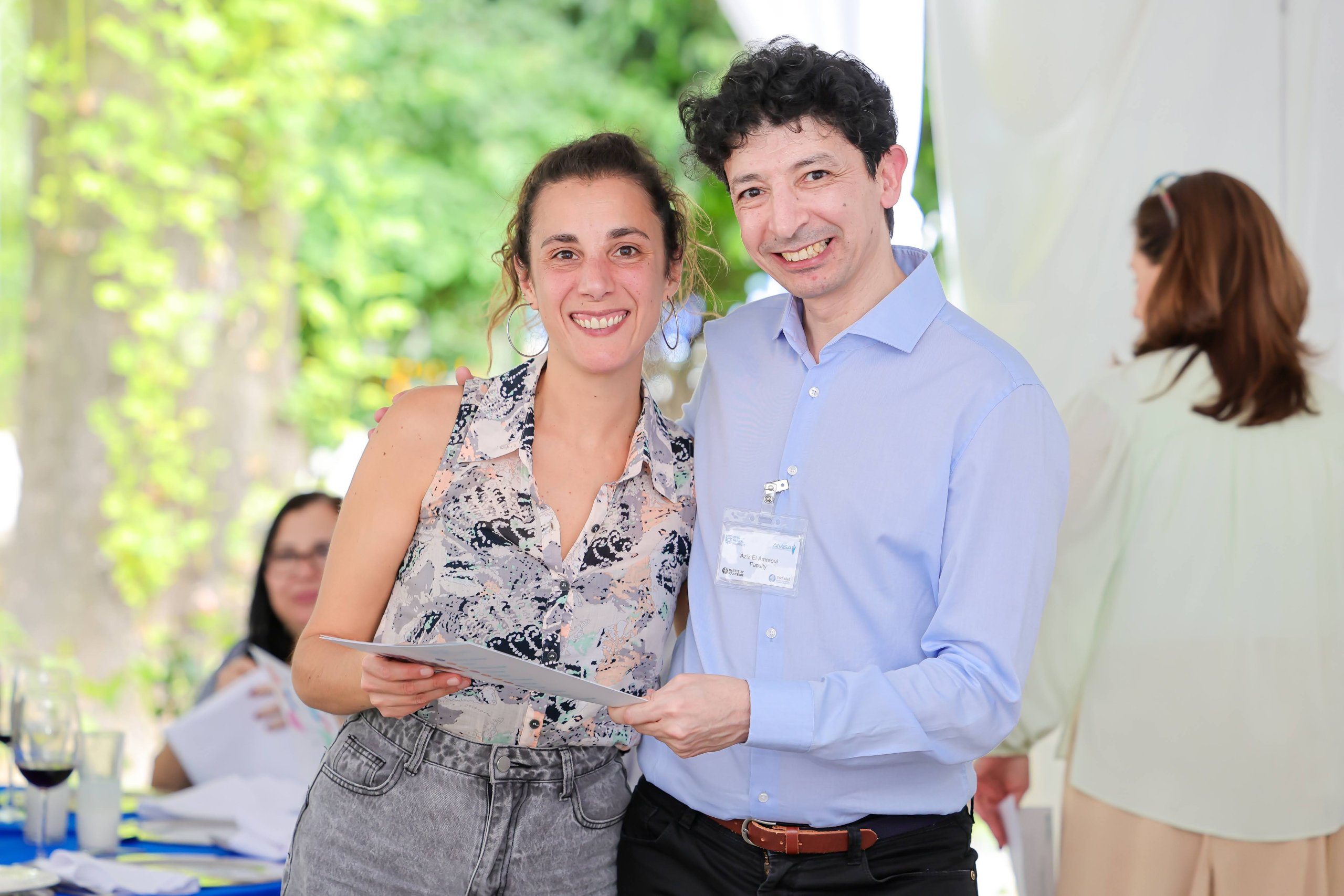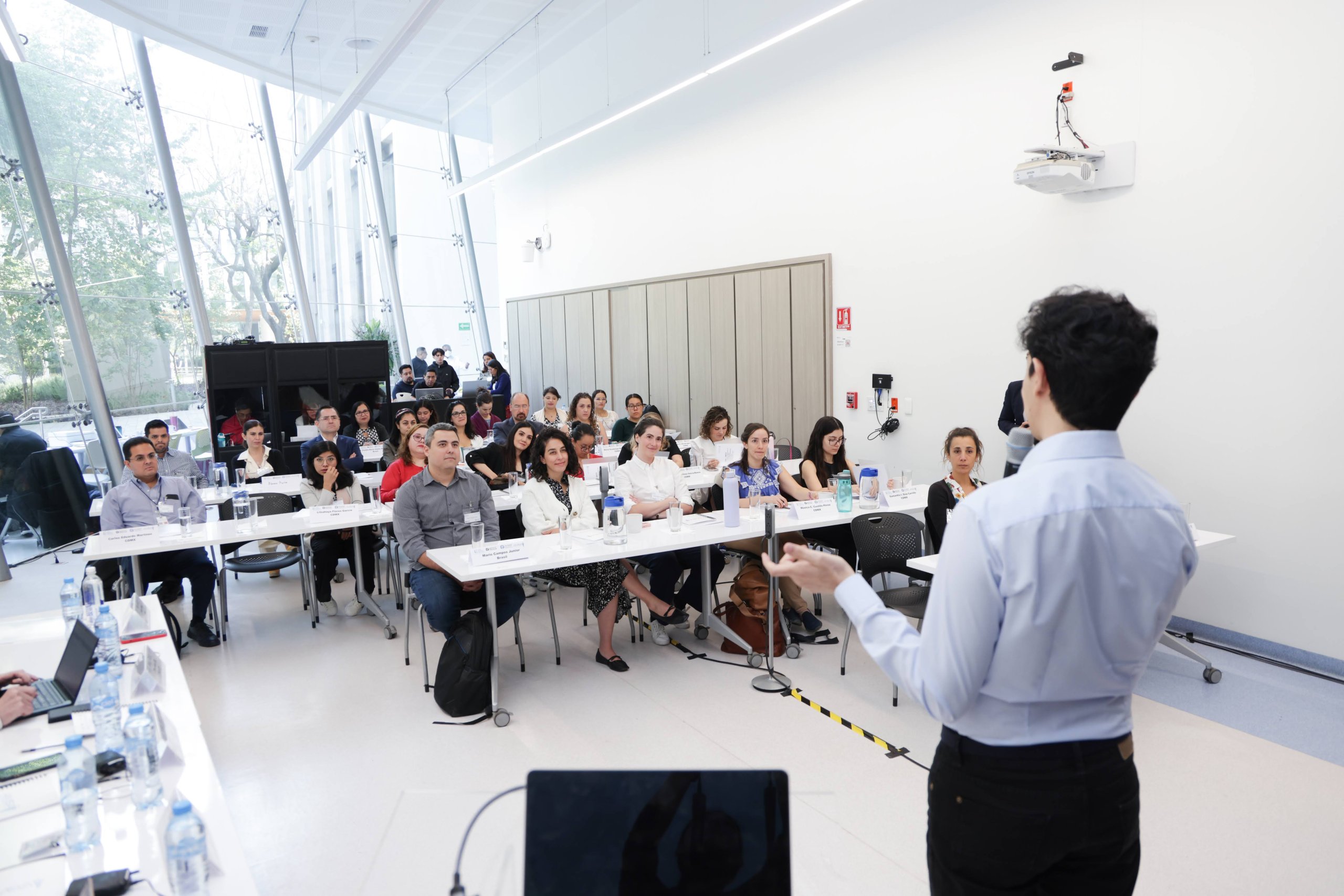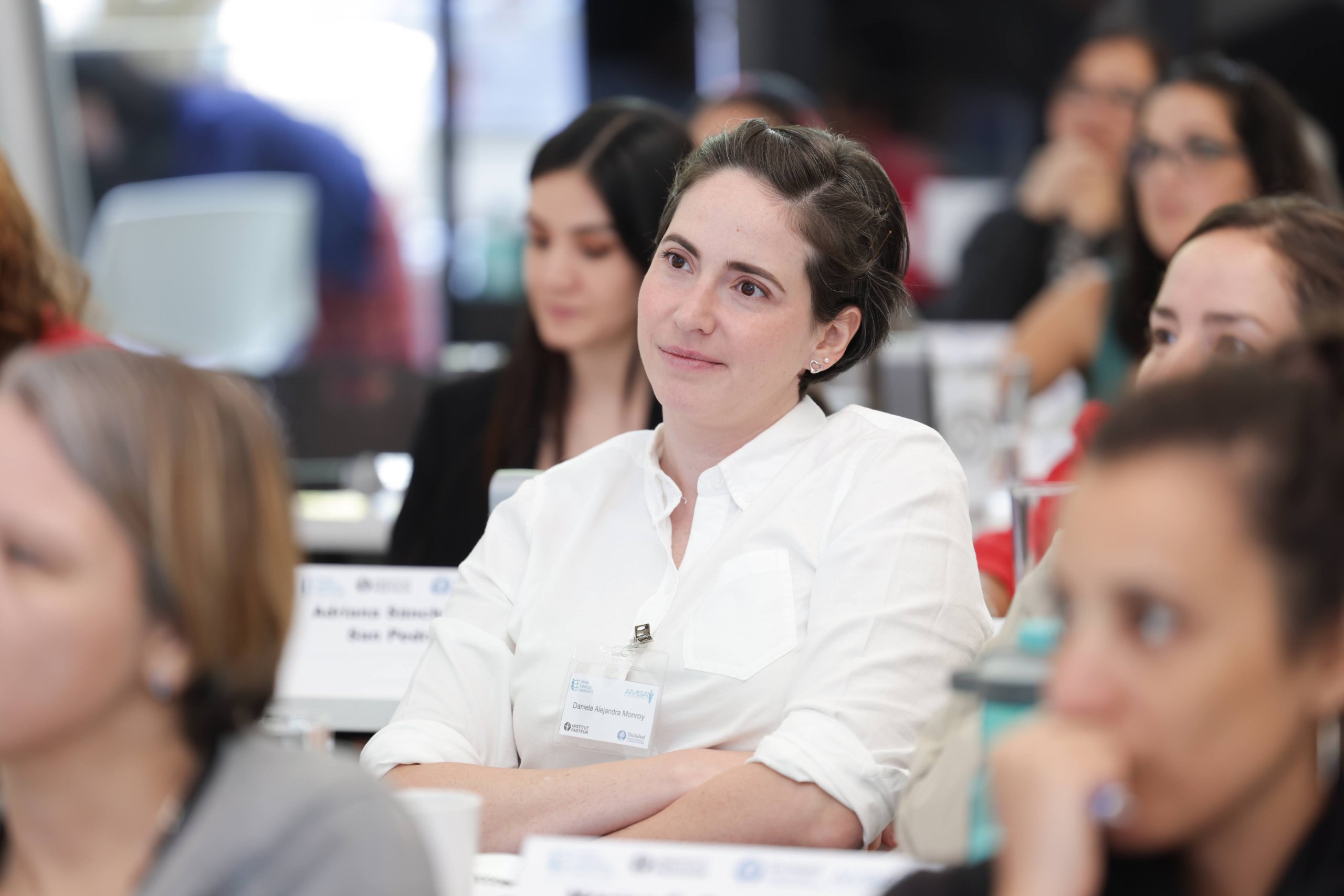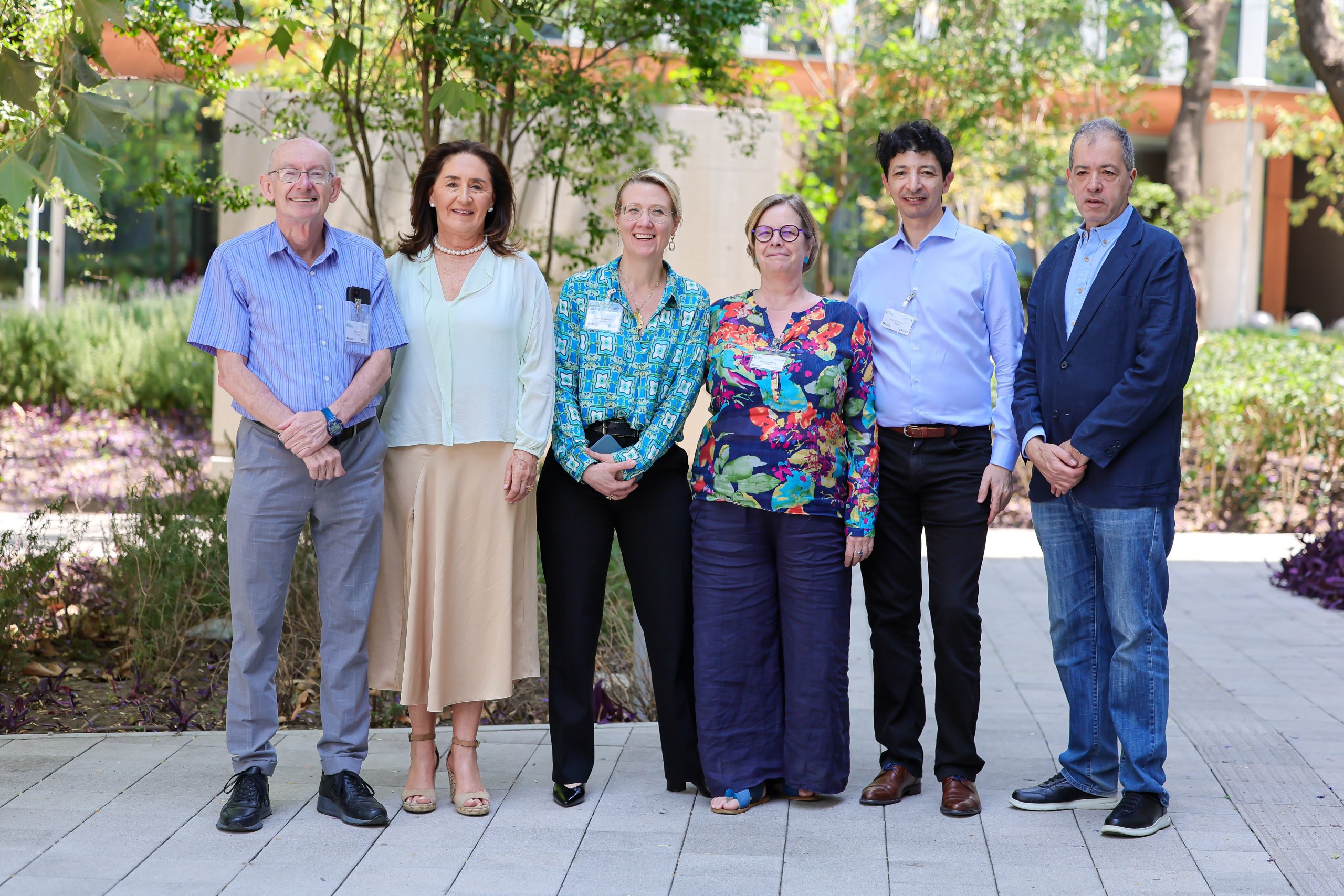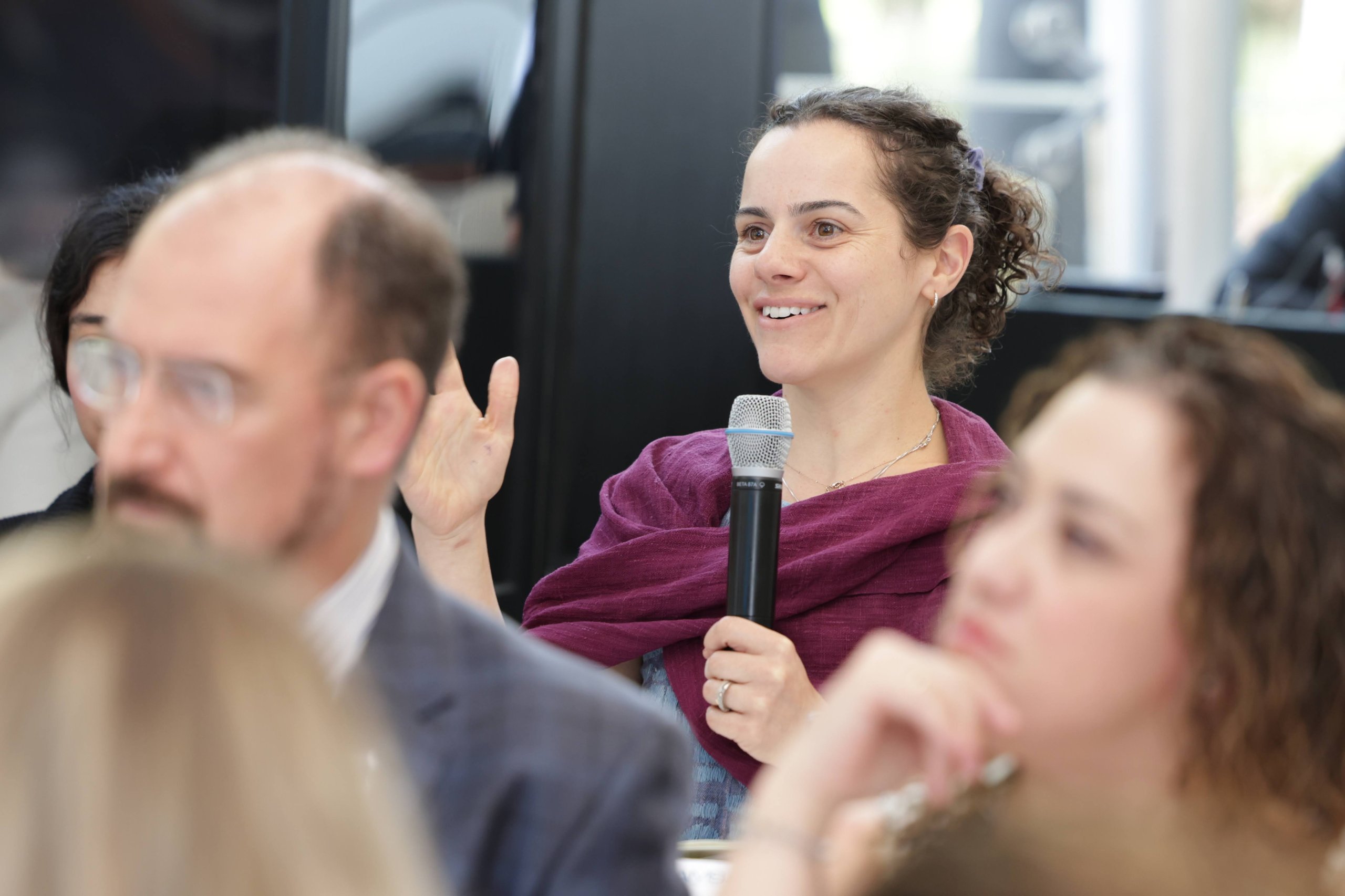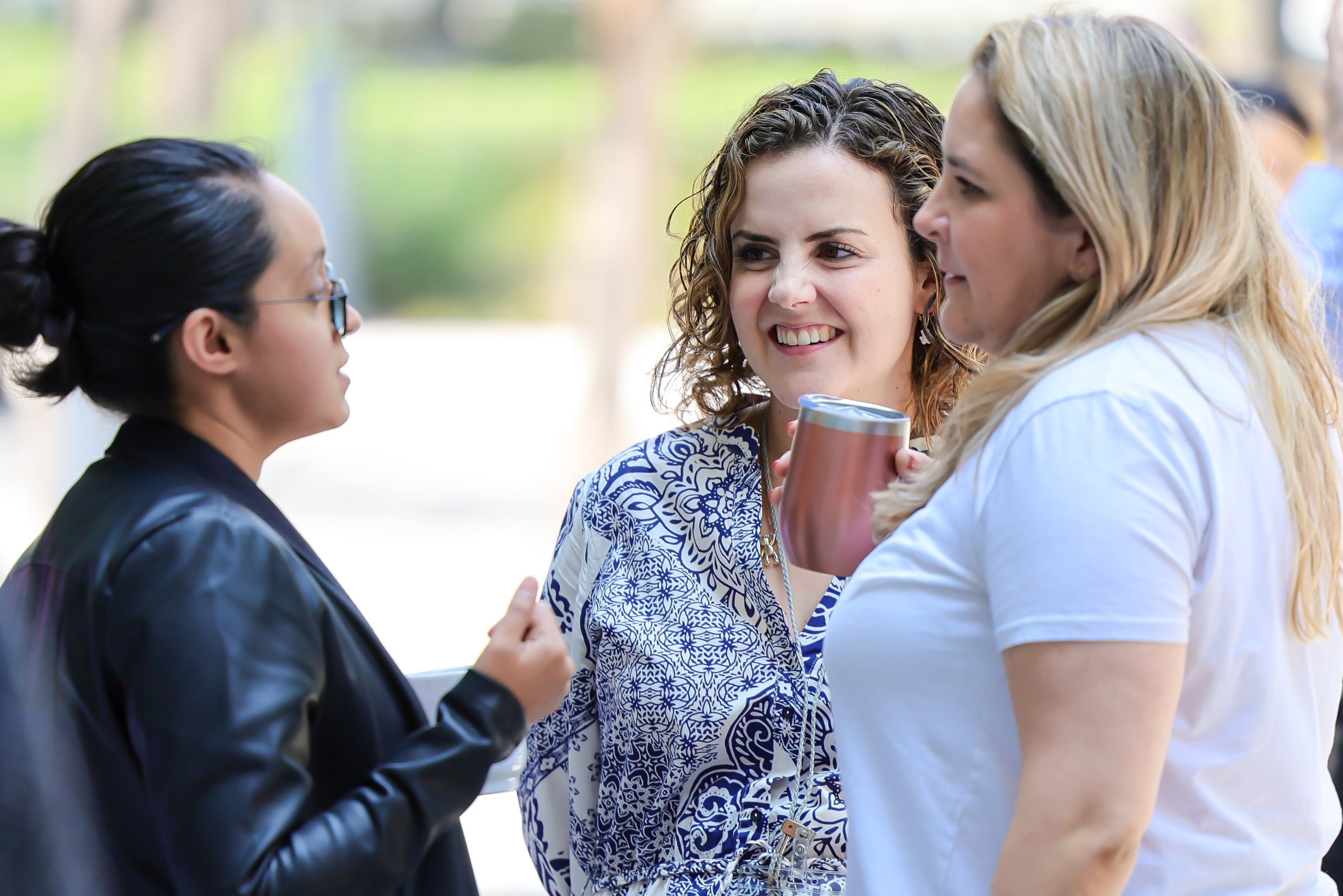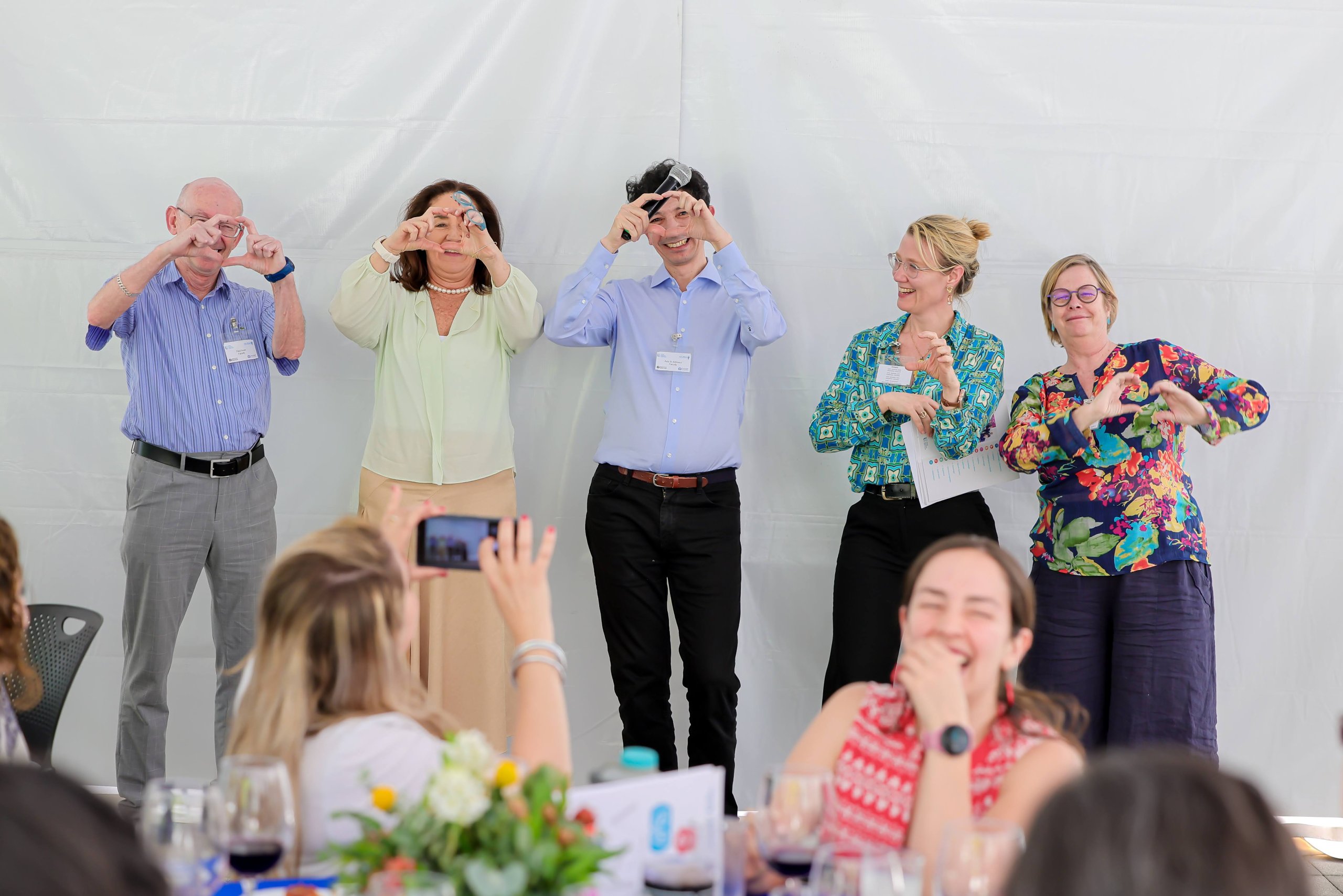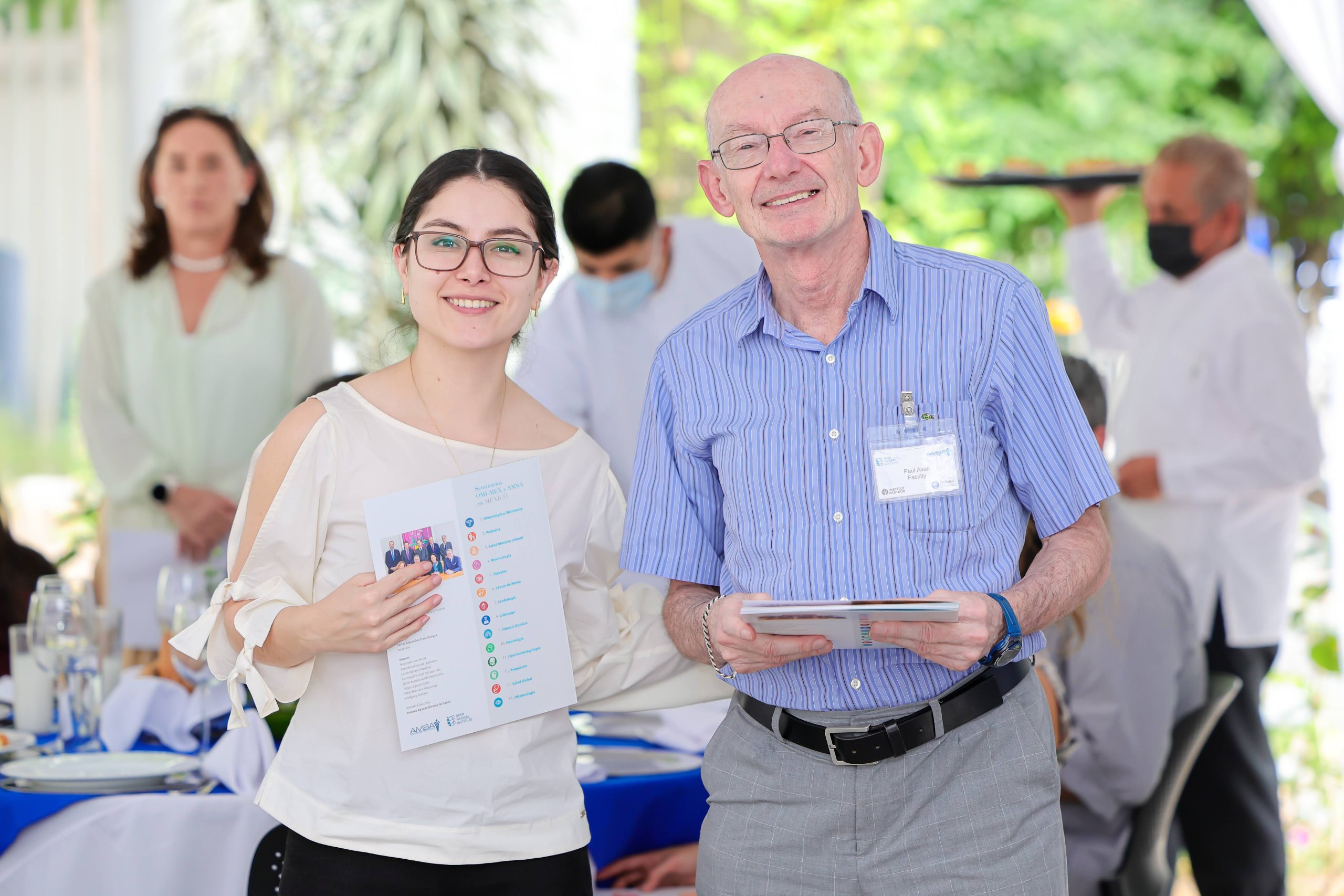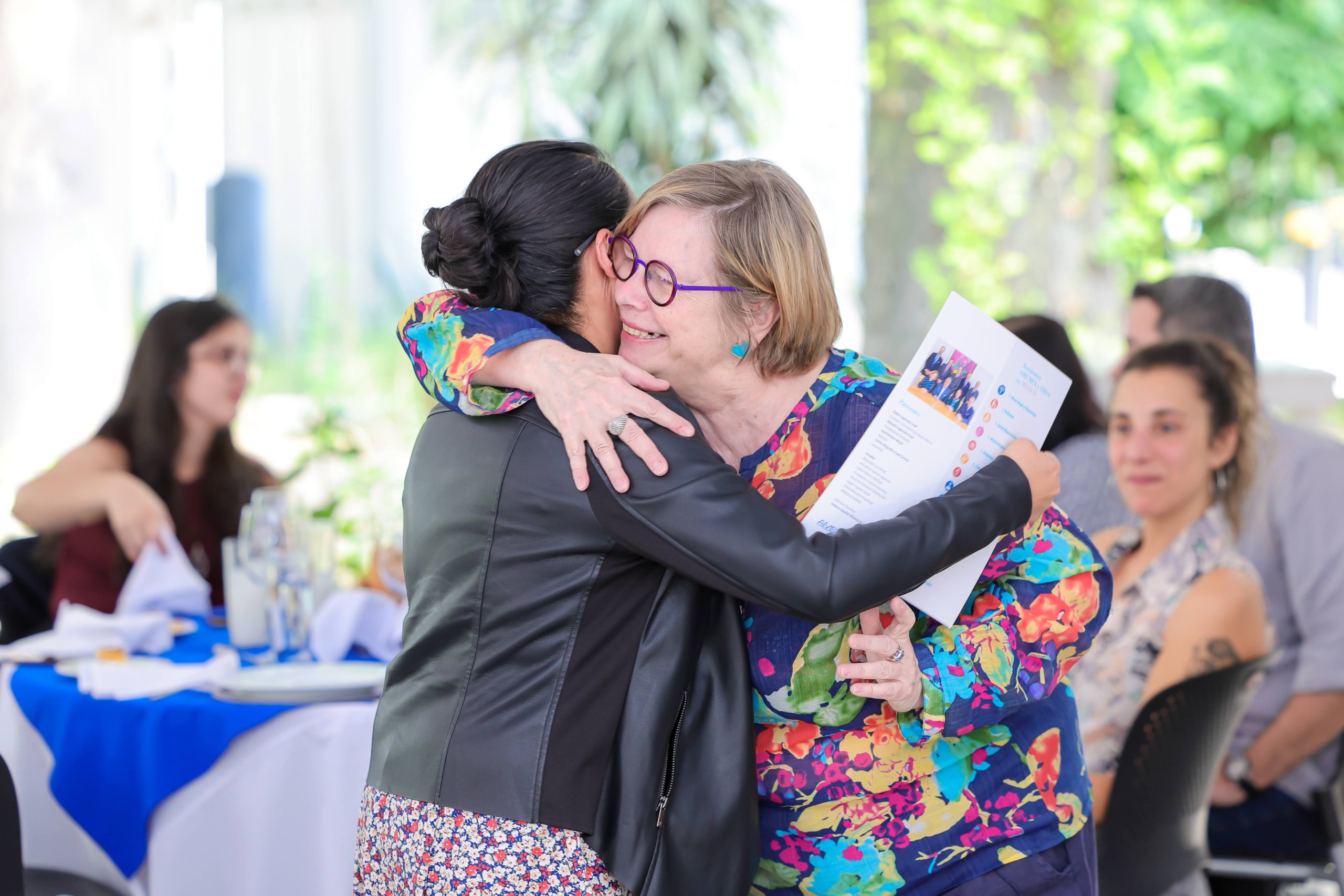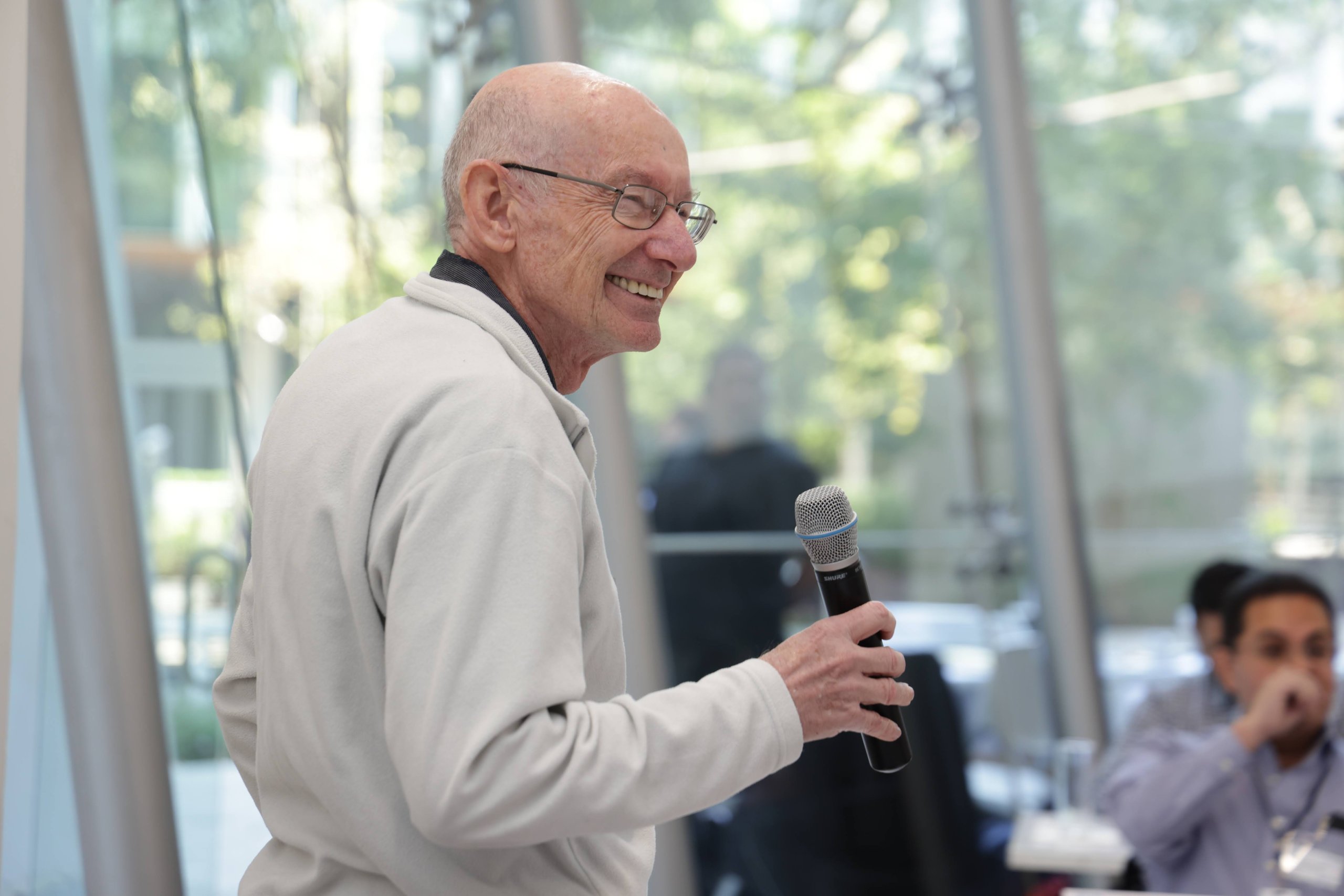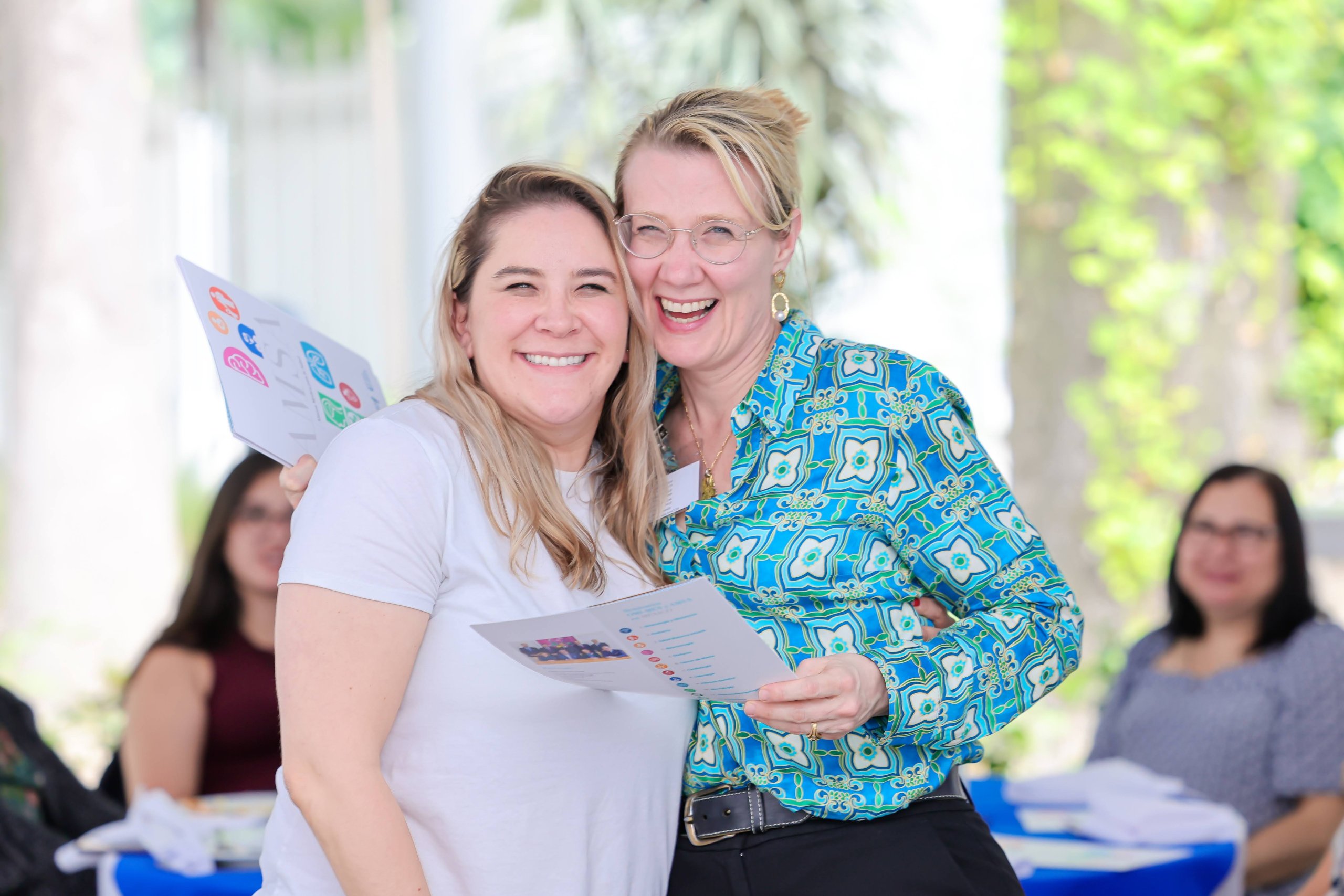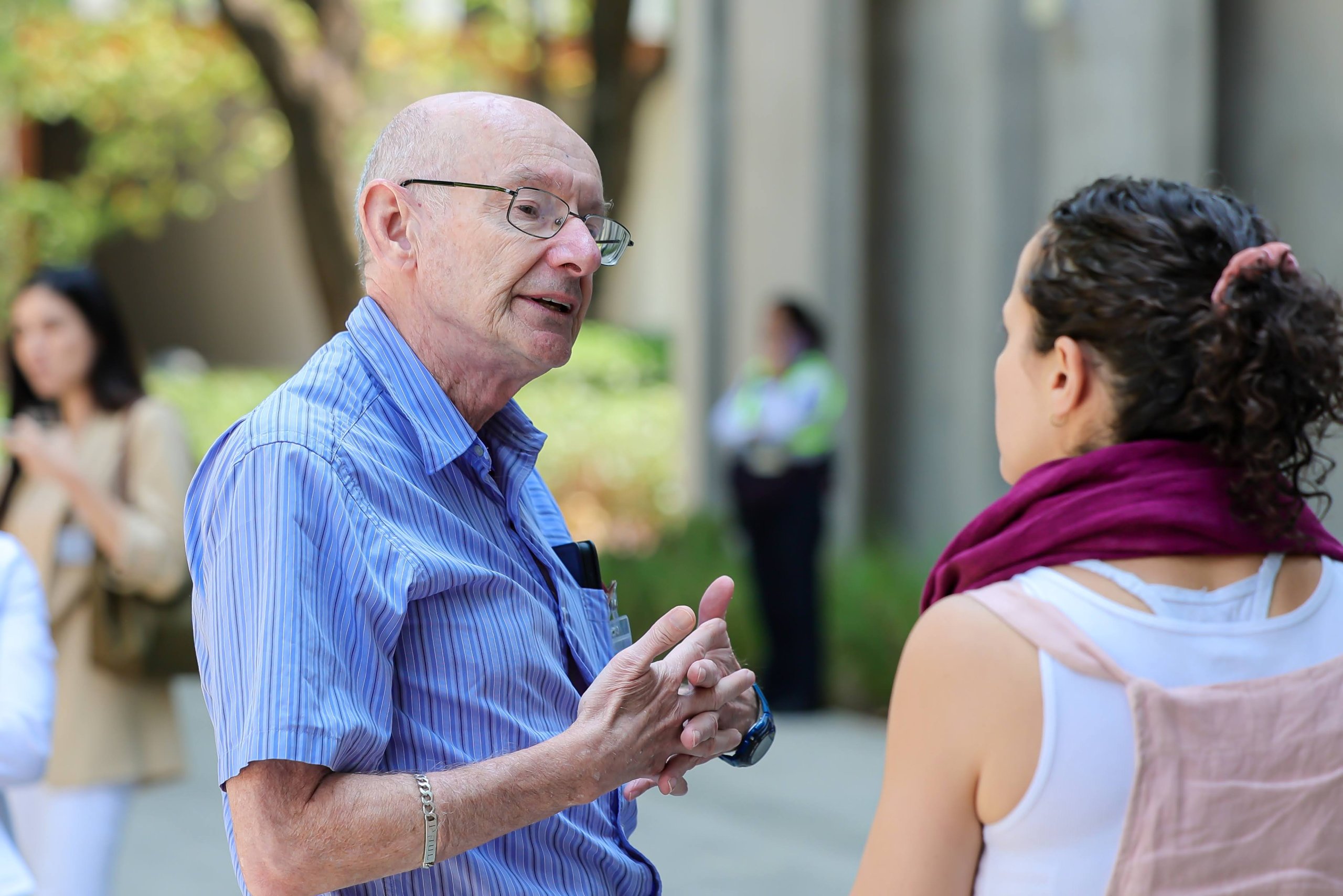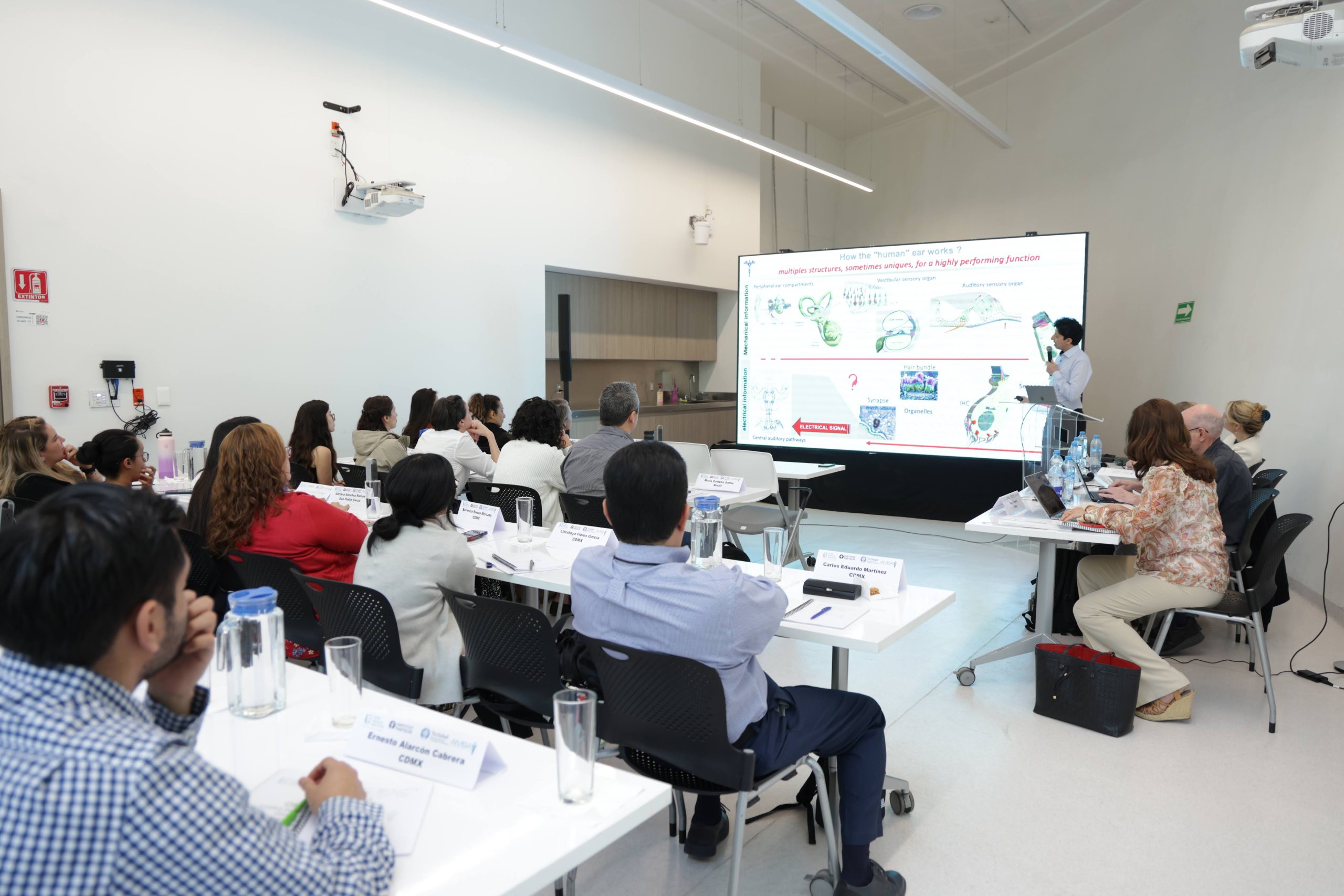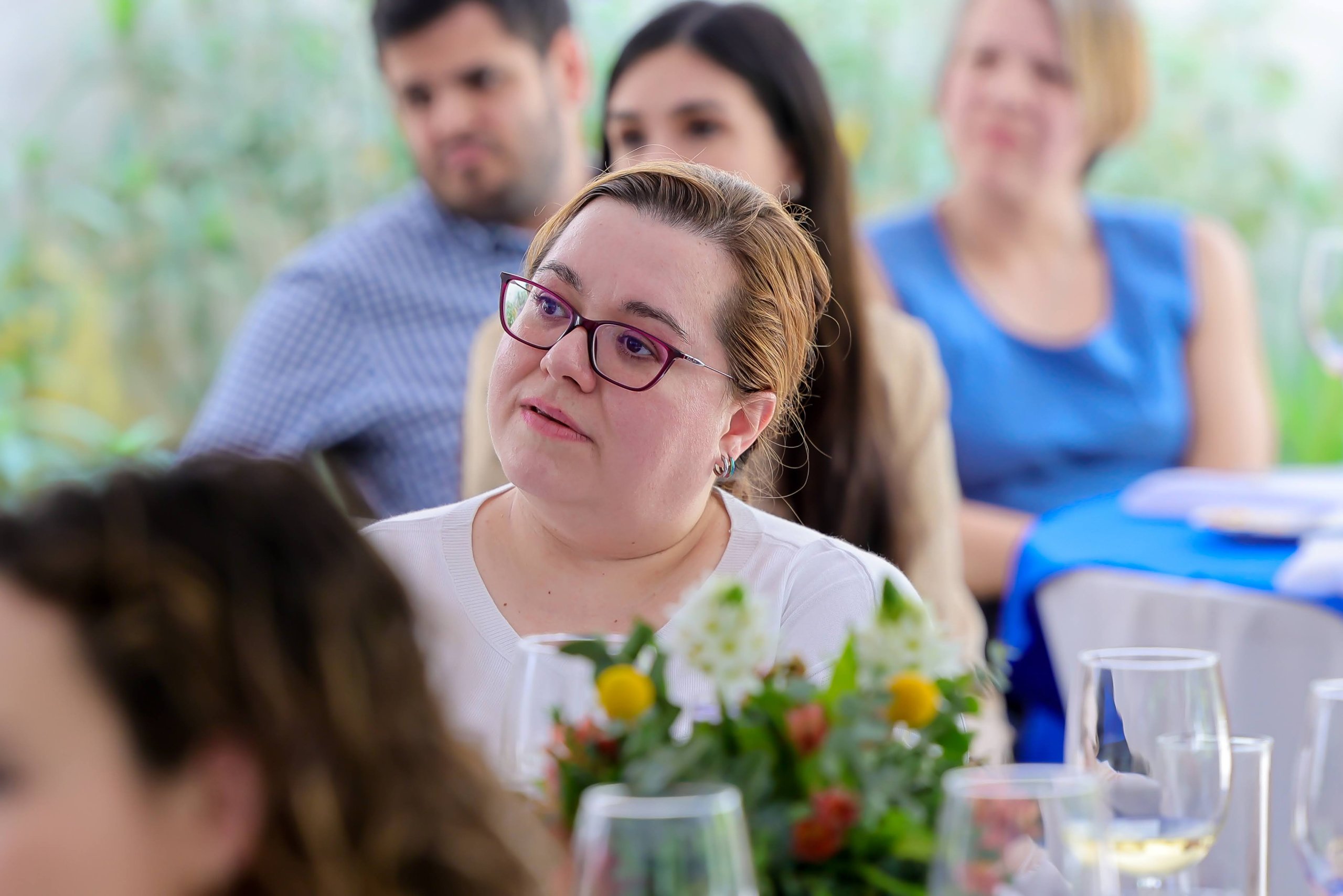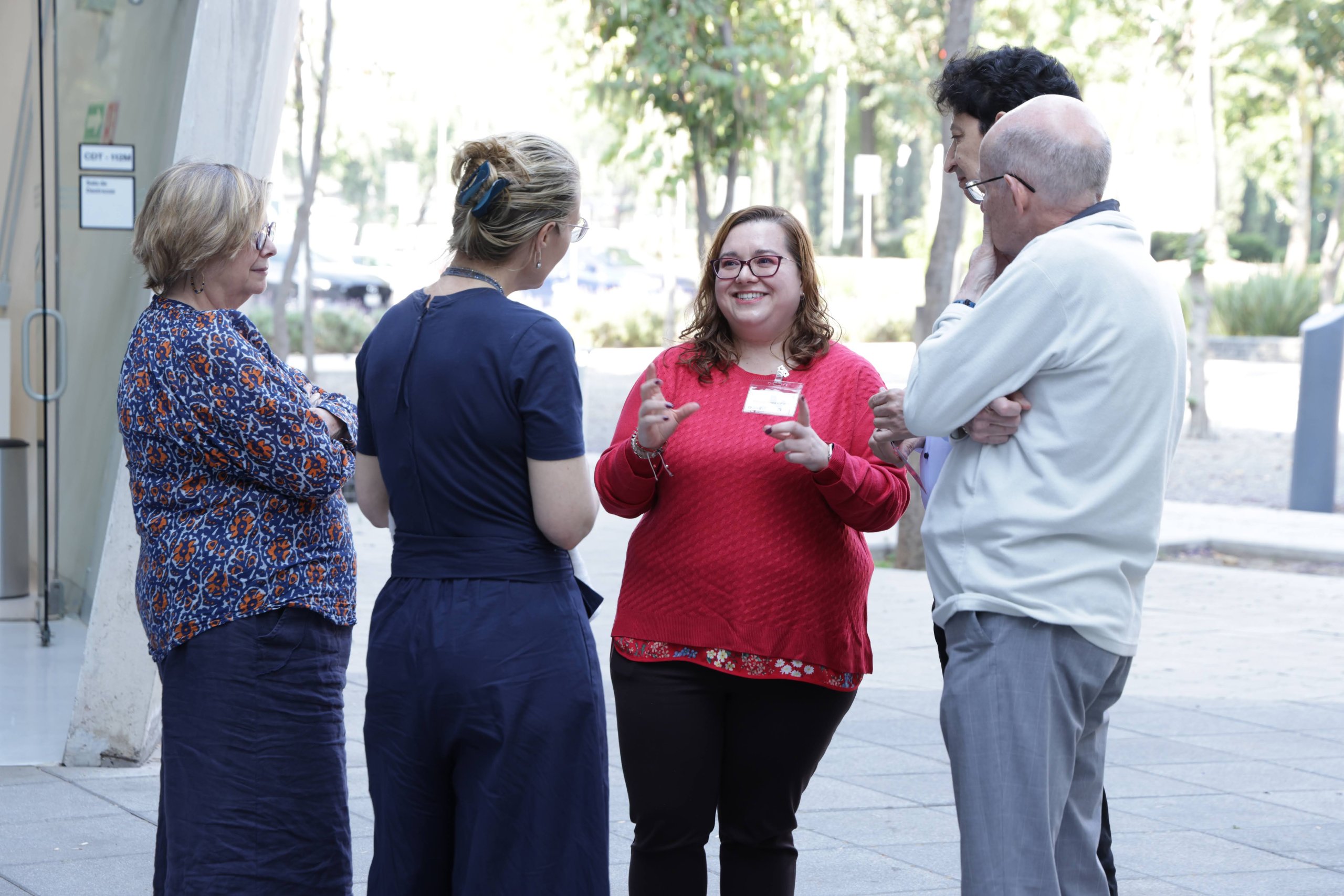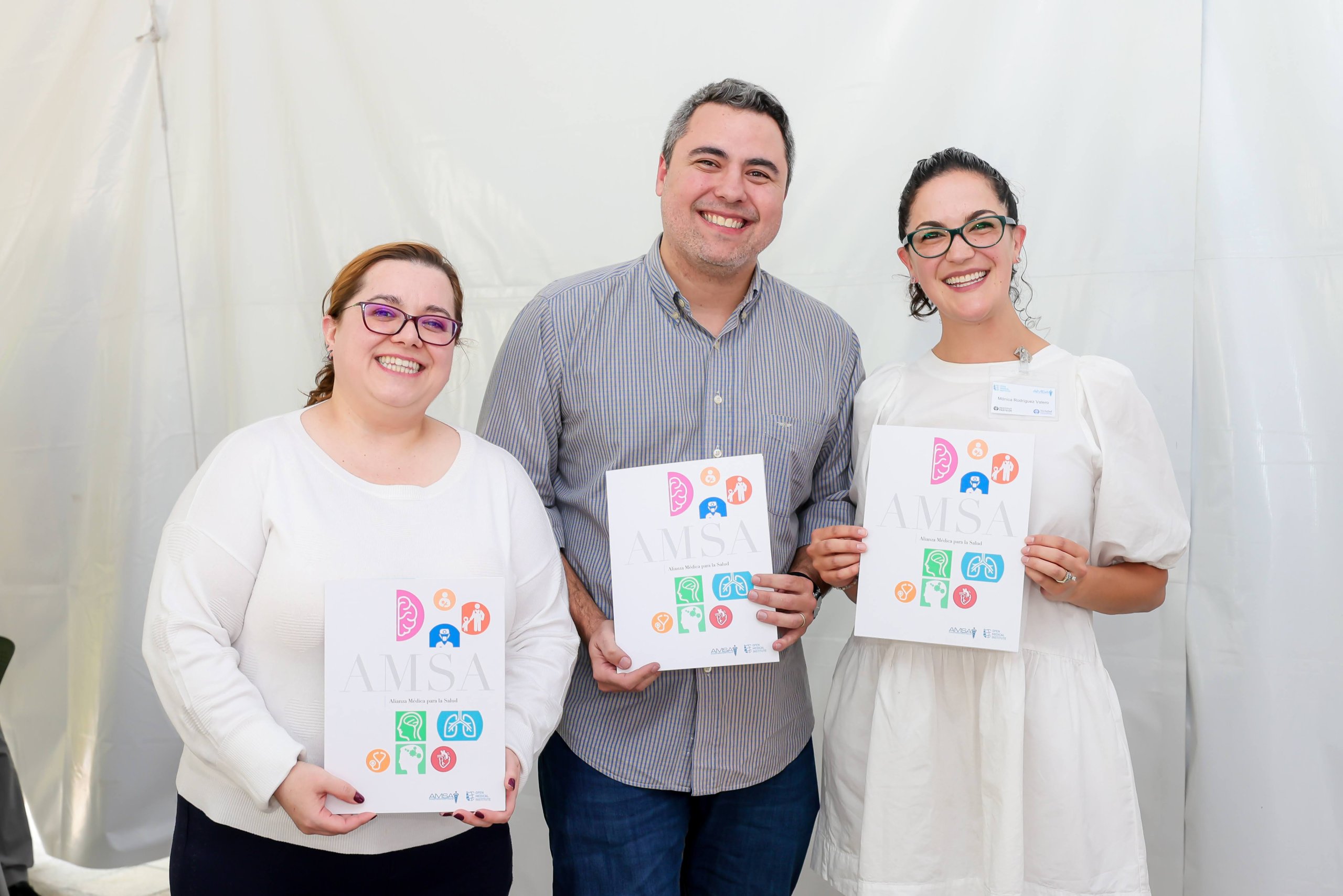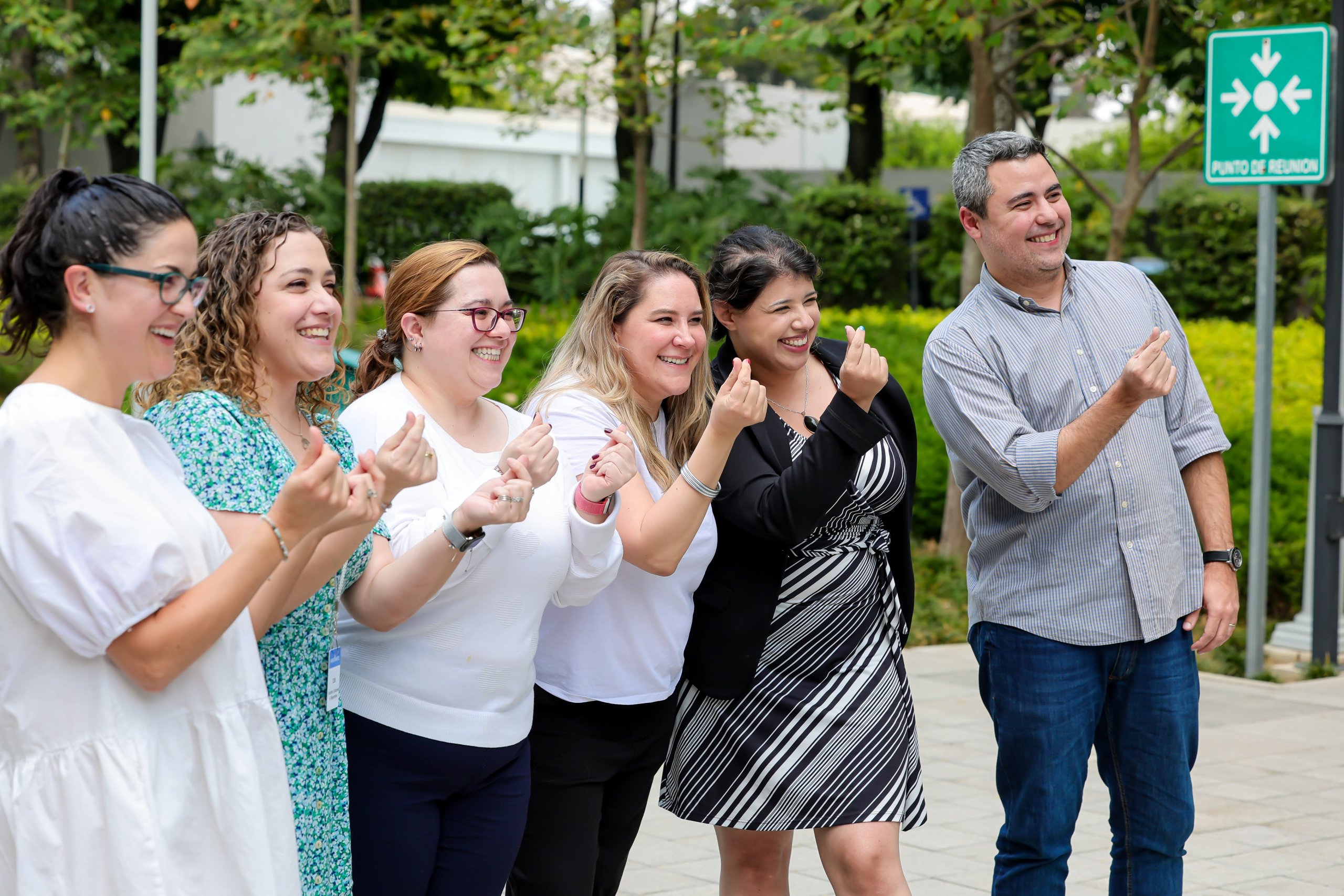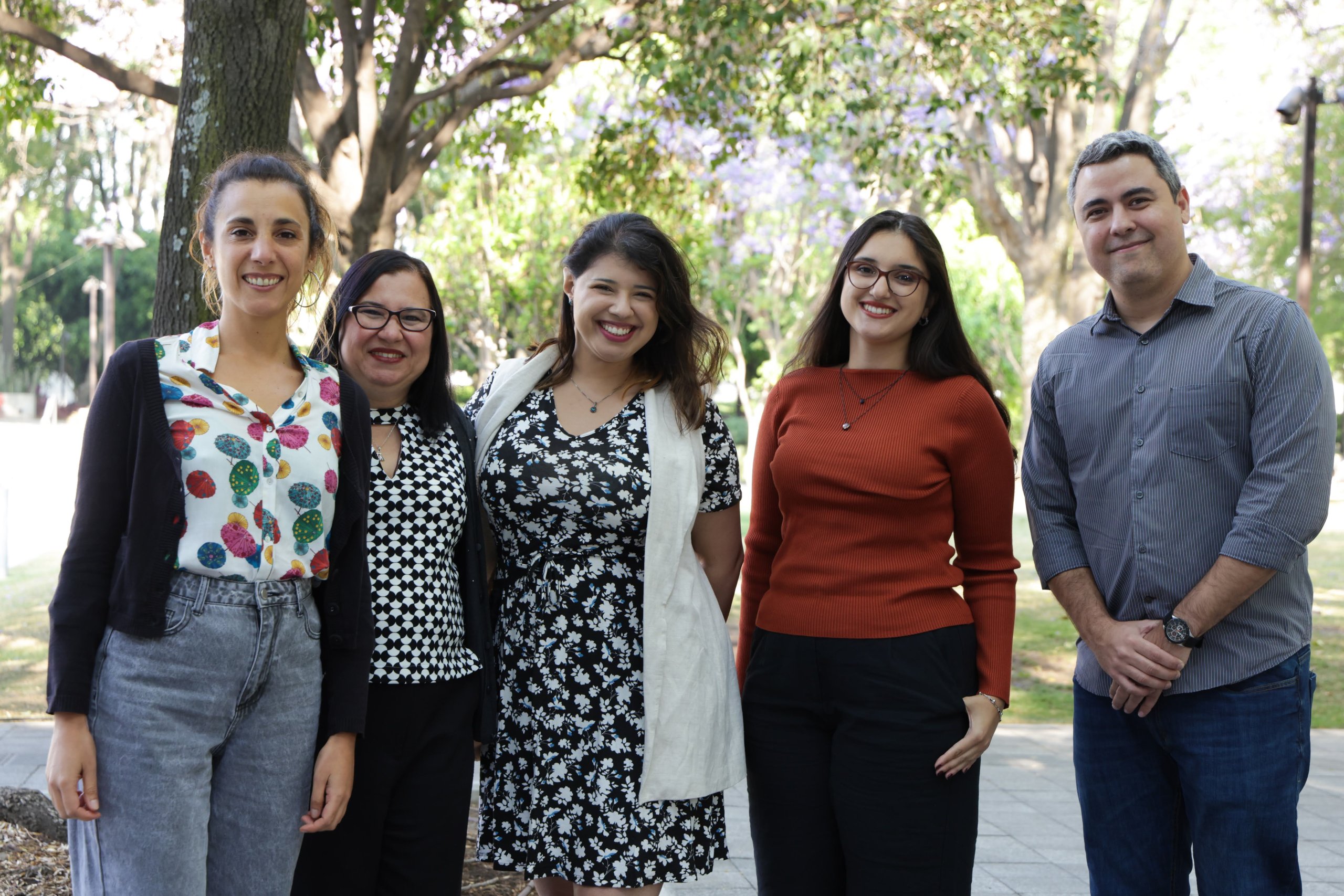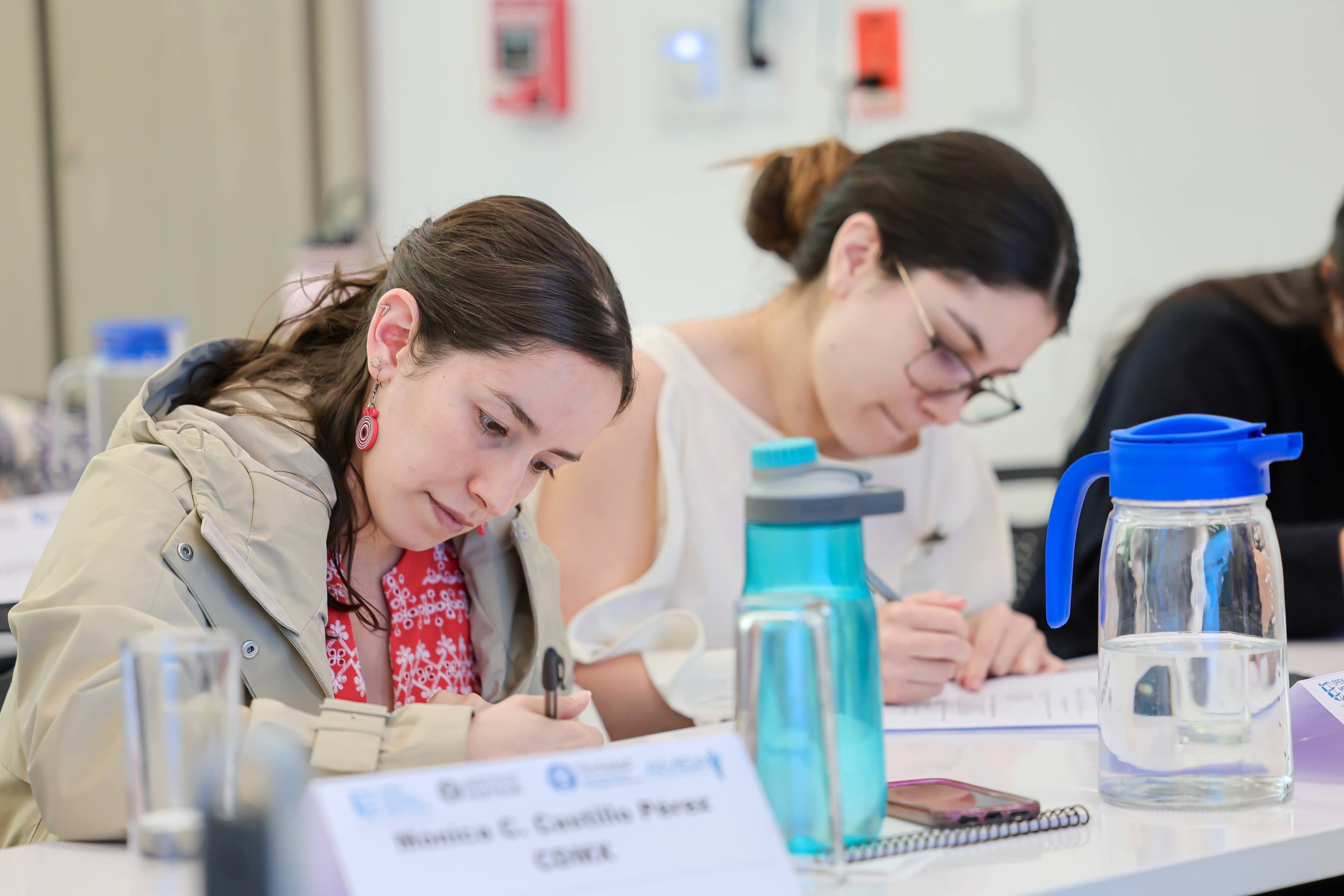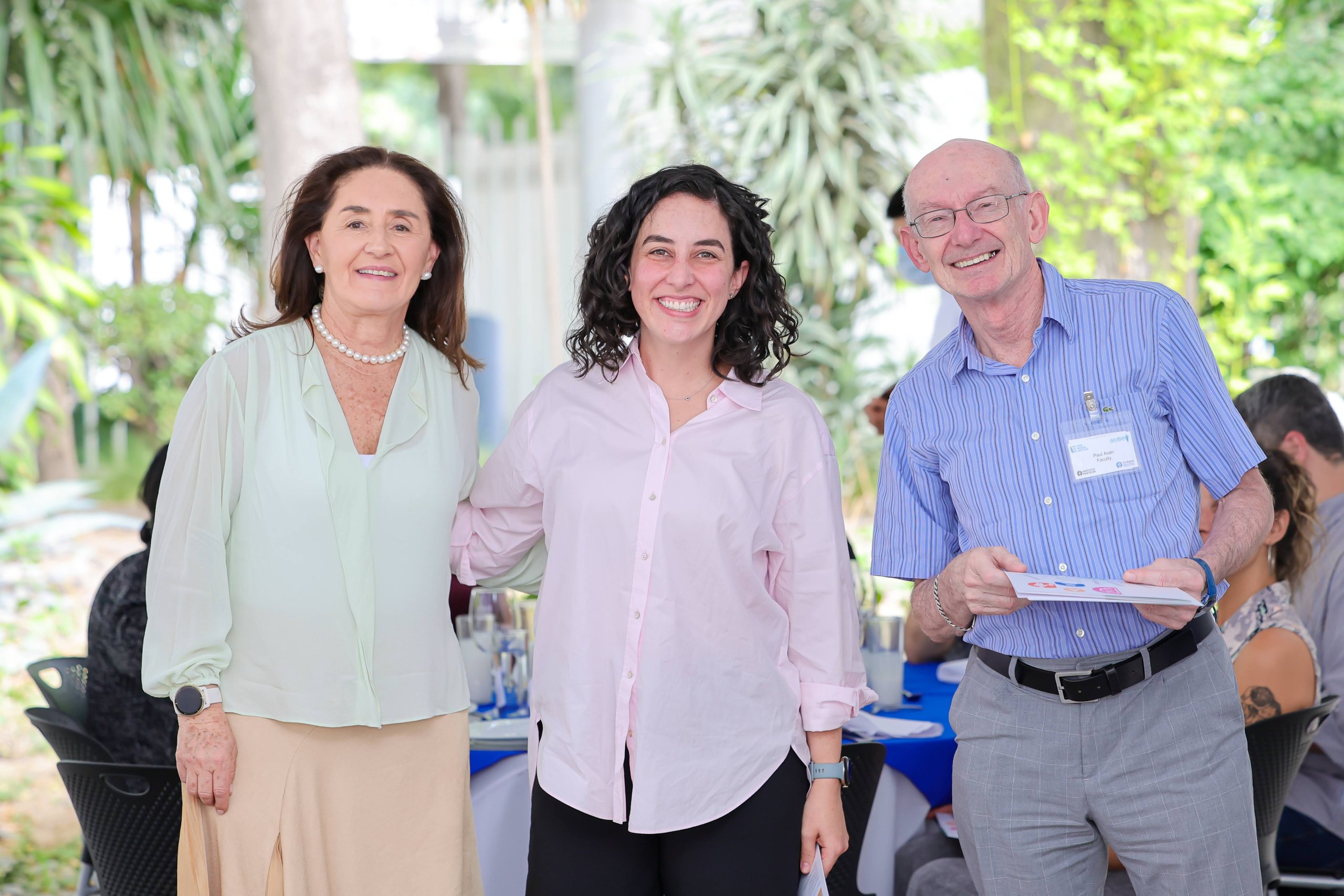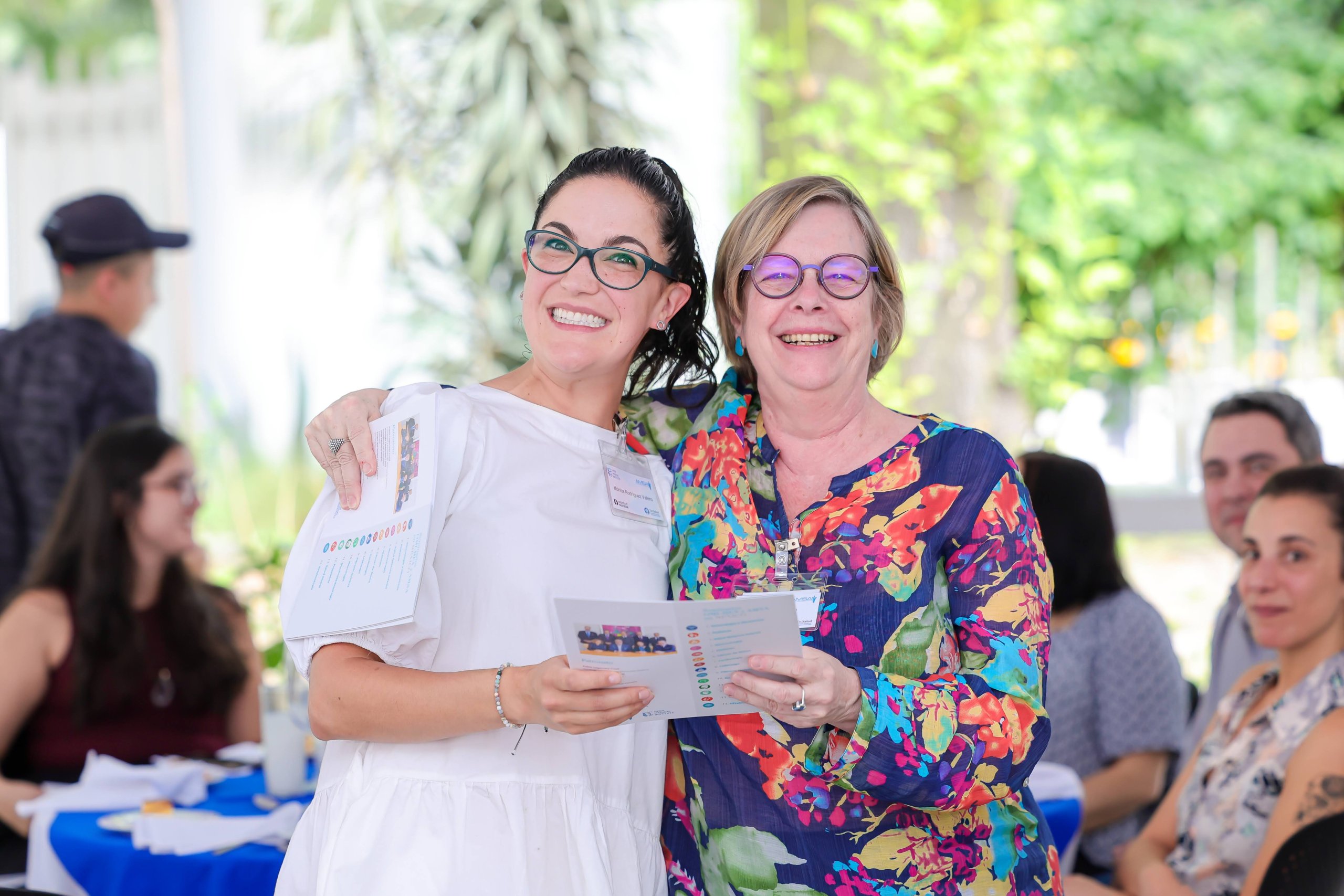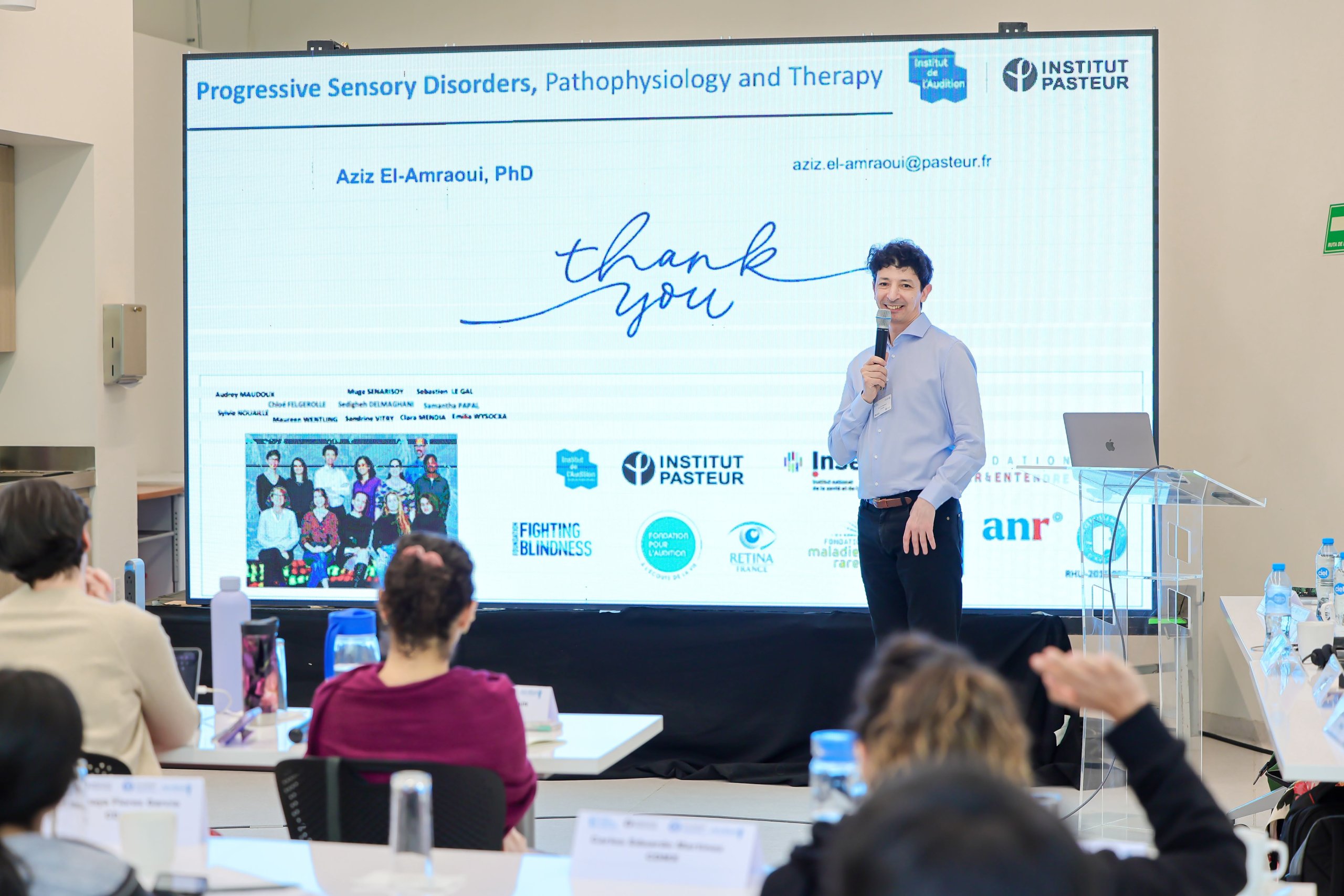Dr. Aziz El-Amraoui was the perfect course director for such a challenging seminar with his remarkable expertise in the field. With a PhD in Neuroscience, he joined the Institut Pasteur and led major scientific contributions for hearing and vision functioning and related disorders. He is the recipient of numerous awards for his multidisciplinary research approach.
Founded in 1887, the Institut Pasteur is a prestigious research institution present around the world focusing on public health, training, and innovation. It was the first to isolate the HIV virus in 1983, and, through research, enabled science to control diseases such as tuberculosis, yellow fever, and plague. No less than ten Institut Pasteur scientists have been awarded a Nobel Prize since the early twentieth century. The OMI is tremendously appreciative for this partnership ultimately bringing together one of our common goals: to improve healthcare on a global scale. This partnership is now even more significant, allowing us to bring such immense neurosensory mastery further in Latin America with OMI MEX!
The seminar lectures were also taught by Dr. Paul Avan, current head of the Center for Research and Innovation in Human Audiology (CERIAH) at the Institut de l’Audition, center of Institut Pasteur; Dr. Sandrine Marlin, coordinator of French and European networks and reference centers associating geneticists, molecular biologists, researchers and more in the fields of genetic hearing impairment and rare sensorial diseases; and Dr. Natacha Teissier; Neurosensory sequalae of congenital cytomegalovirus infection PhD and professor of Pediatric Otorhinolaryngology at Paris Cité University.
Dr. El-Amraoui explains that the “course on sensorineural rare diseases aimed to deepen our understanding of inner ear functions and explore the implications of malfunctions at all levels. It addressed the impacts of aging and external factors on our senses, from infections to noise exposure, and evaluated the successes and limitations of rehabilitation and curative treatment solutions designed to prevent or reverse sensory loss. This course effectively bridged fundamental scientific concepts with clinical implications, emphasizing the importance of early diagnosis, comprehensive clinical phenotyping, and consideration of disease mechanisms in developing personalized treatments.”
This time, OMI MEX, along with our partner Alianza Médica para la Salud, AMSA, was joined by 22 fellows from all over Mexico, 4 fellows from Brazil, and one from Uruguay.
Sharing a bit of his personal experience leading the seminar with such a diverse group and, for the first time, in Latin America, our course director states: “I had the pleasure of witnessing outstanding engagement and enthusiasm from participants representing Mexico, Brazil, and Uruguay. The diverse program and meticulous arrangements by the host organization significantly contributed to the event’s success. It was truly inspiring to see the collaborative spirit and passion among attendees as we advanced our understanding of hearing and balance disorders, exploring them from basic science to clinical and treatment perspectives. The rich interactions among fellows and faculty members generated numerous plans for future initiatives.”
Participants had a chance to present case studies from their place of work and exchange knowledge in different focus areas in the same field, considering the interdisciplinary characteristic of the topic and of the faculty approach.
